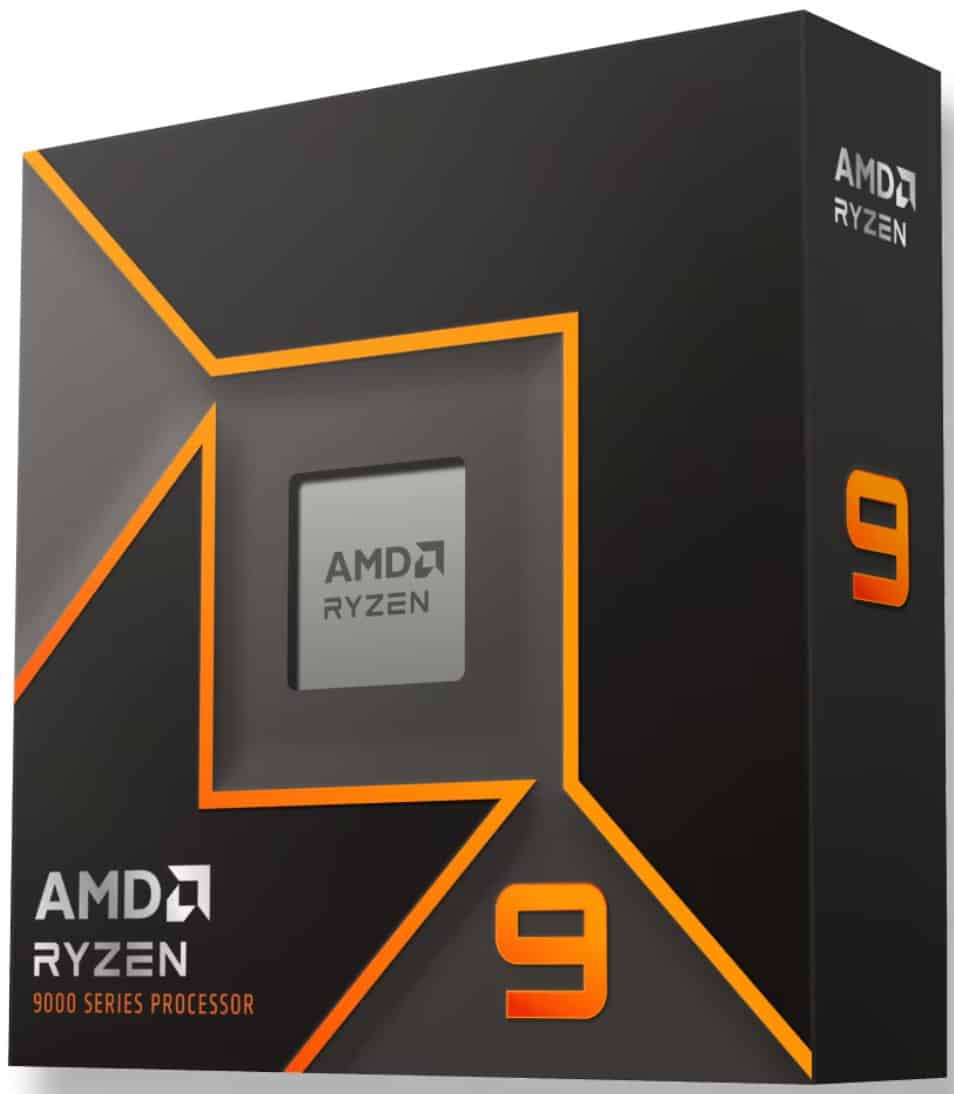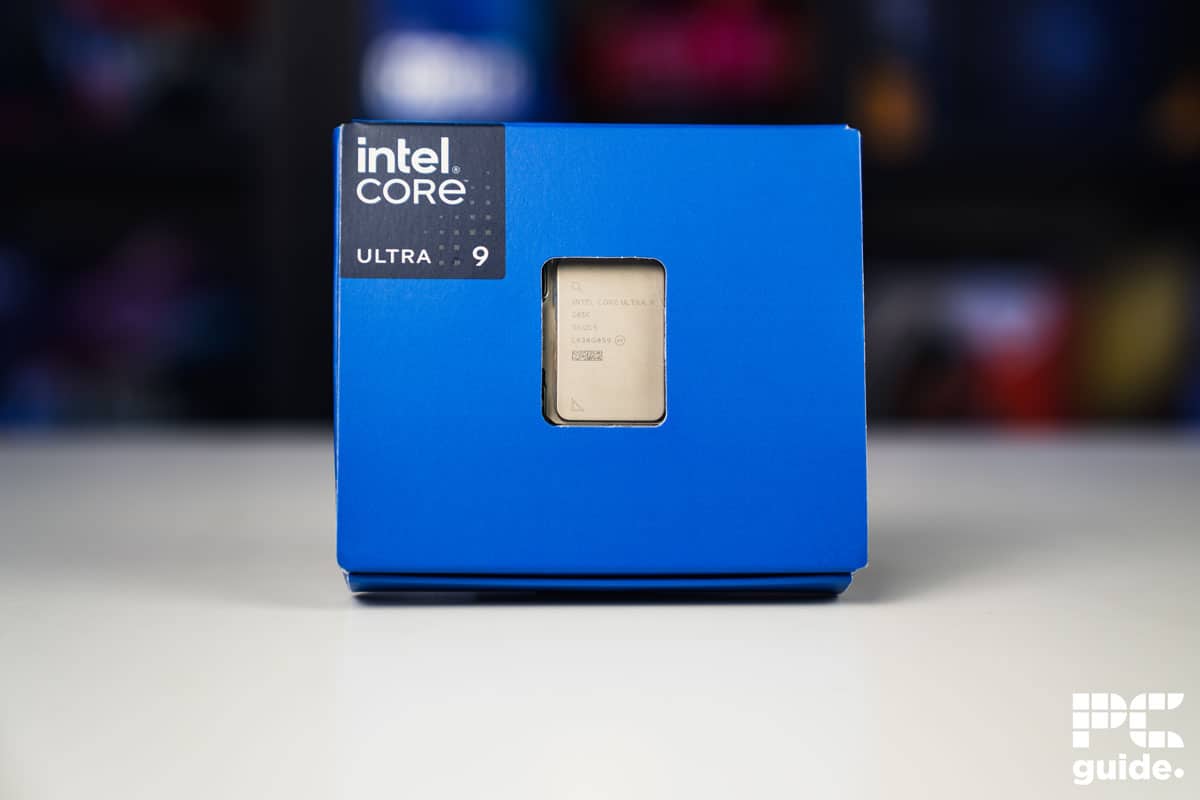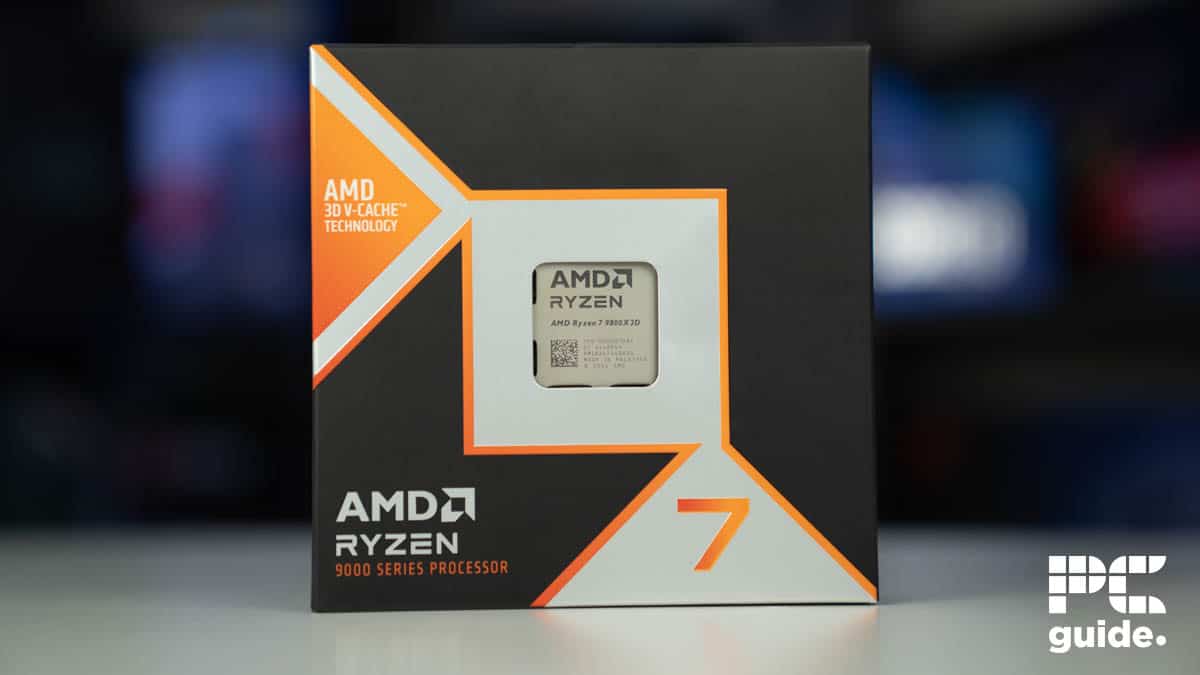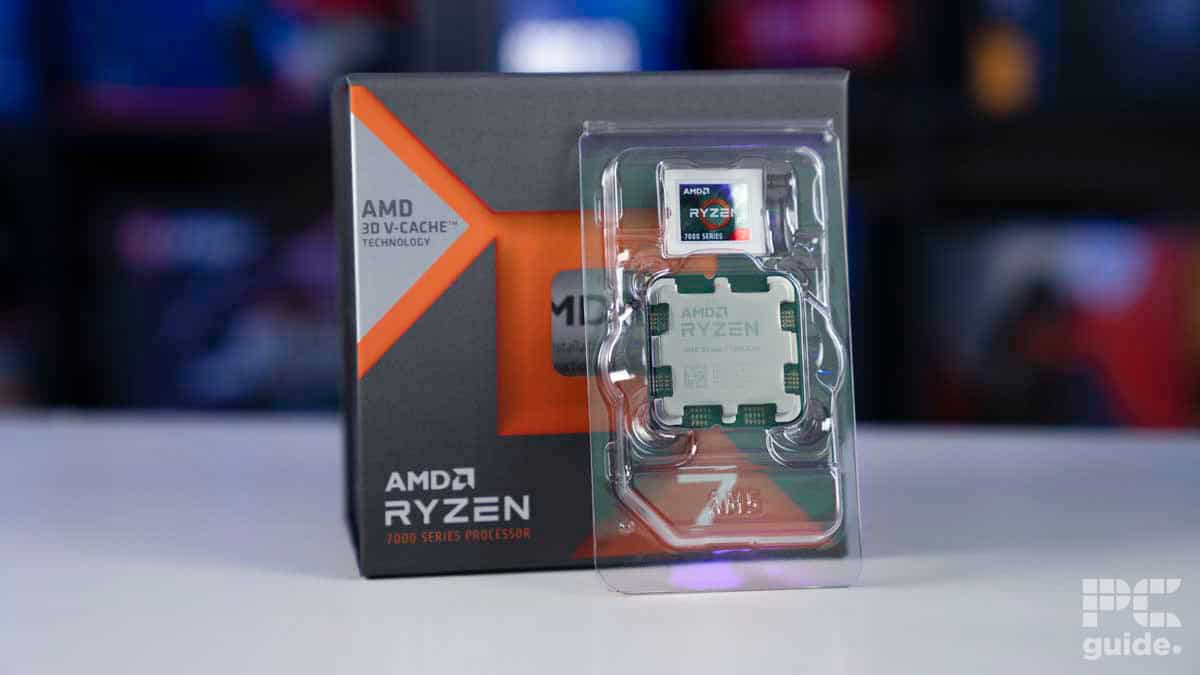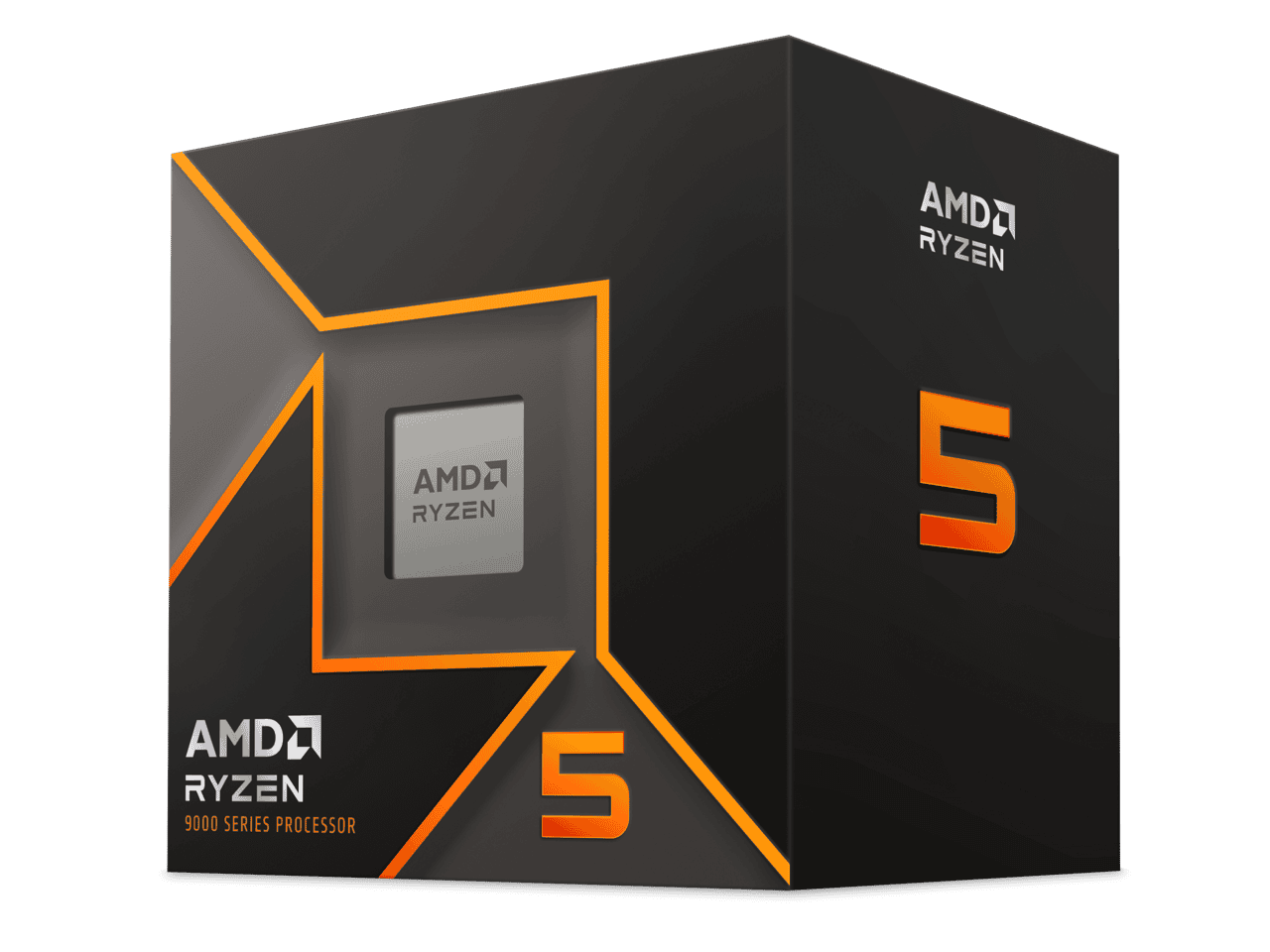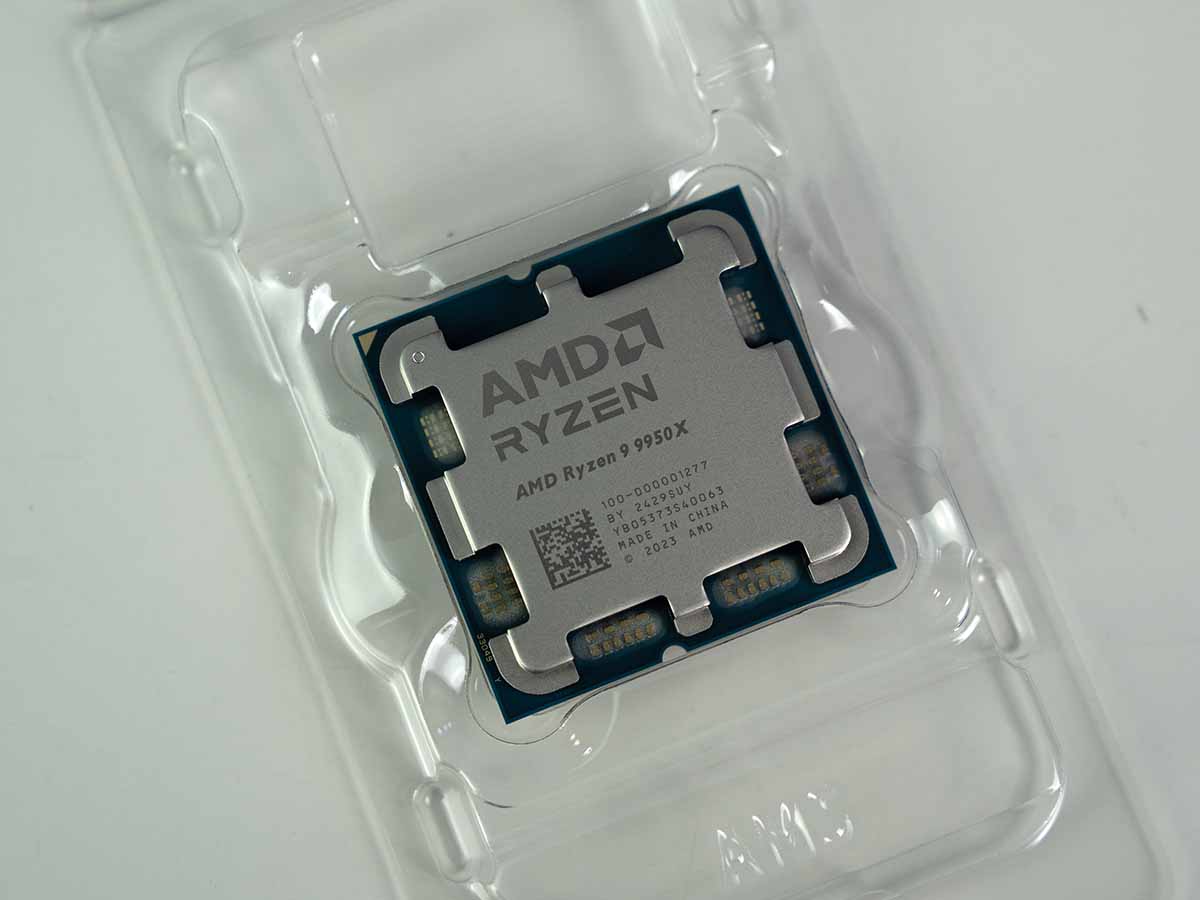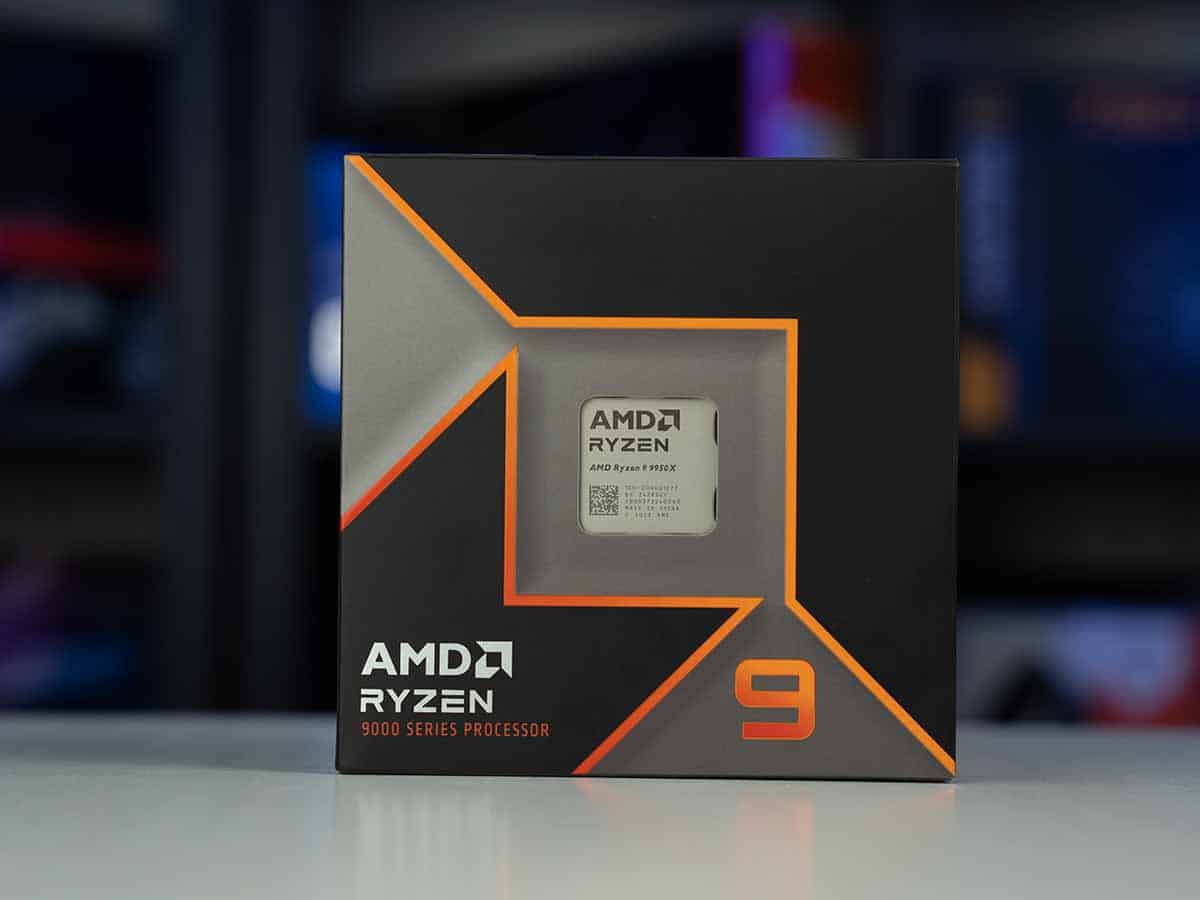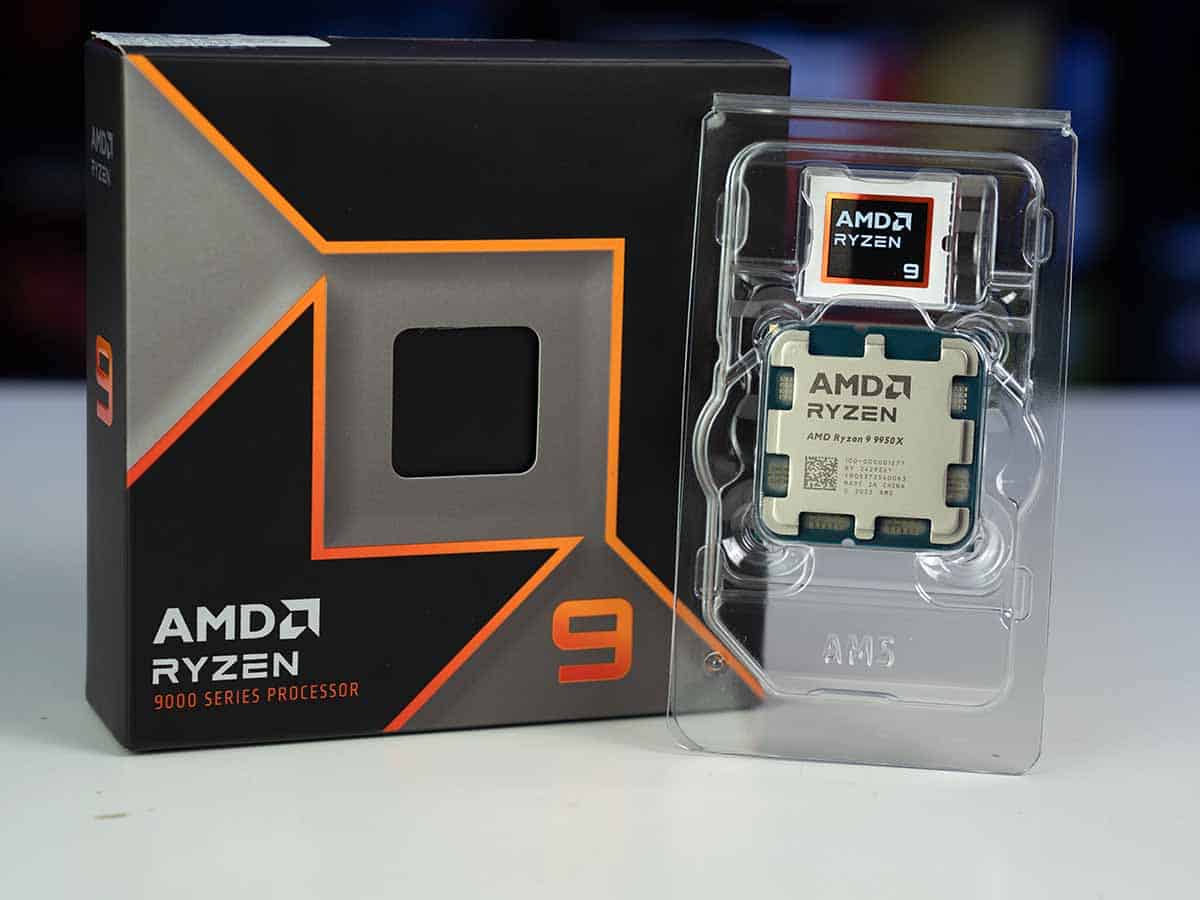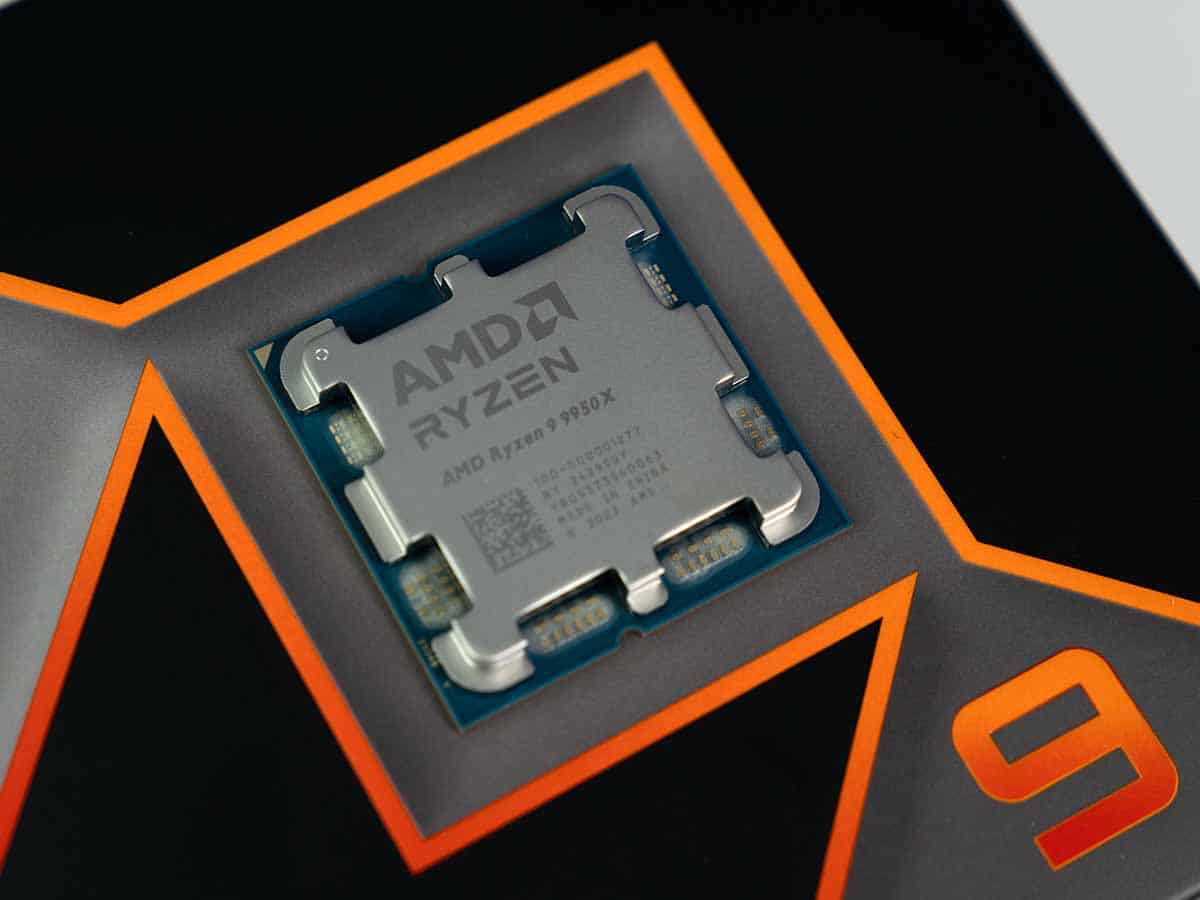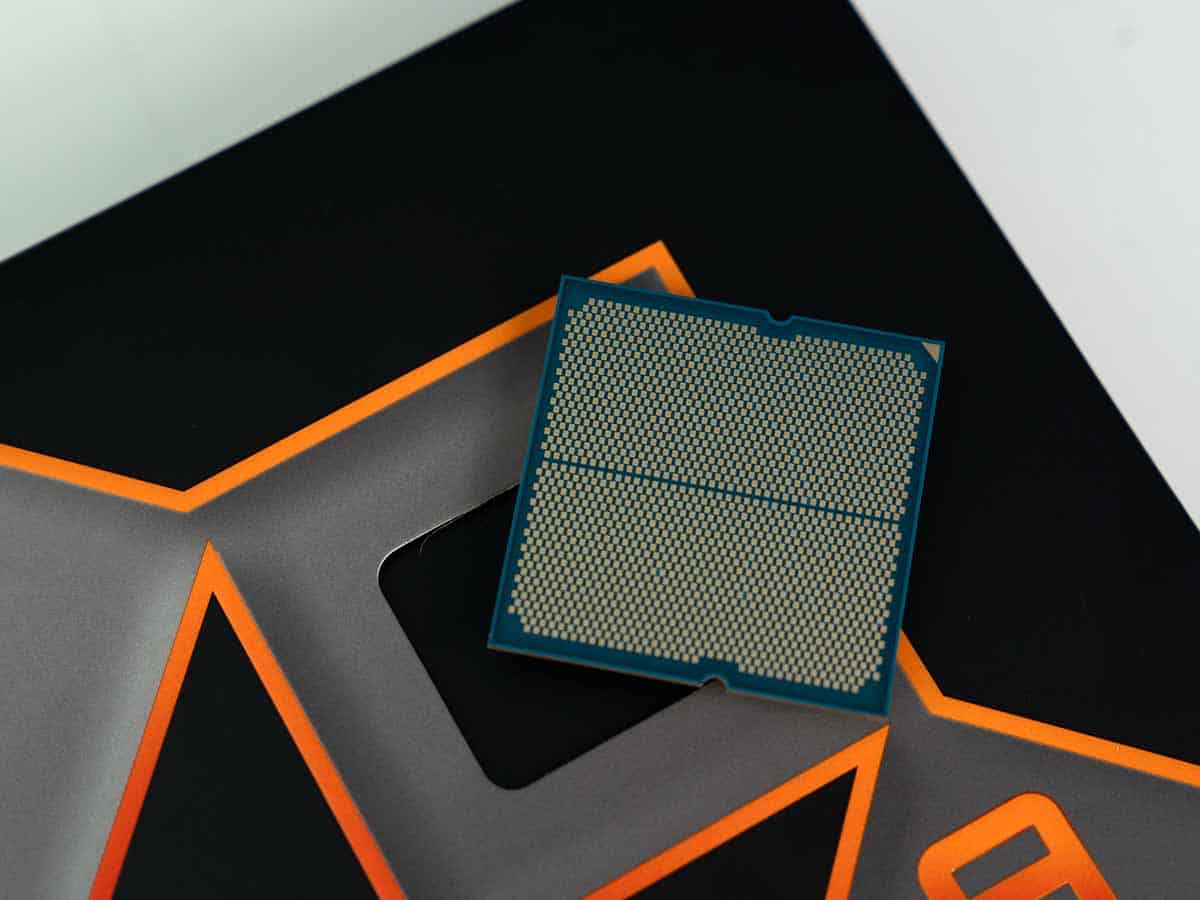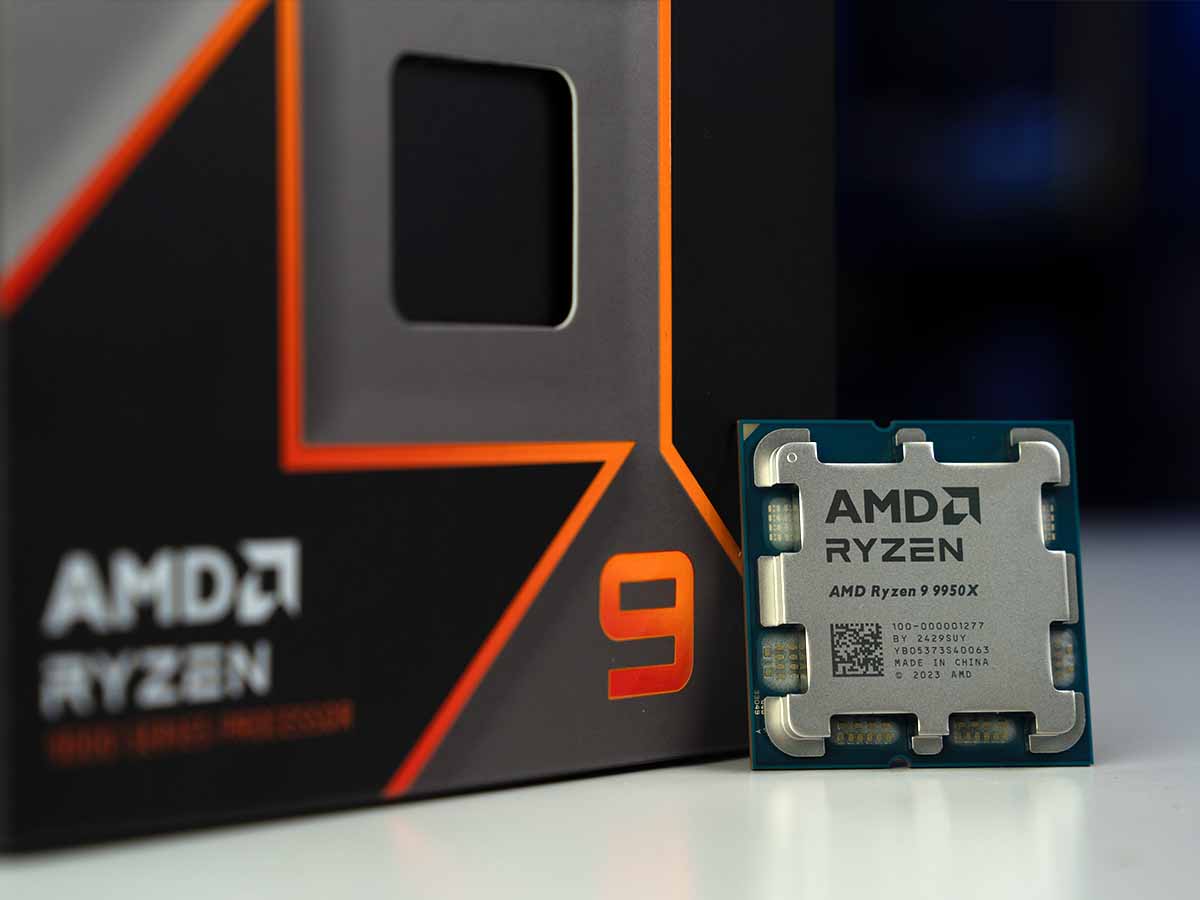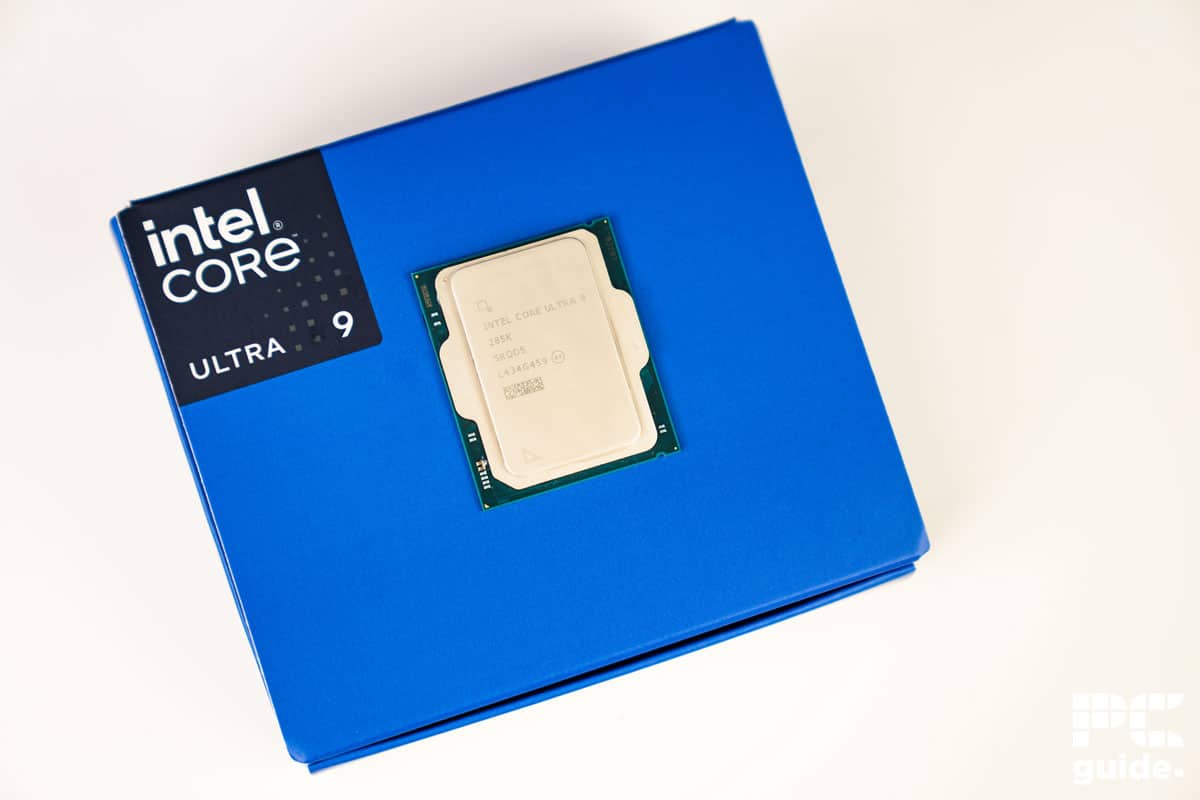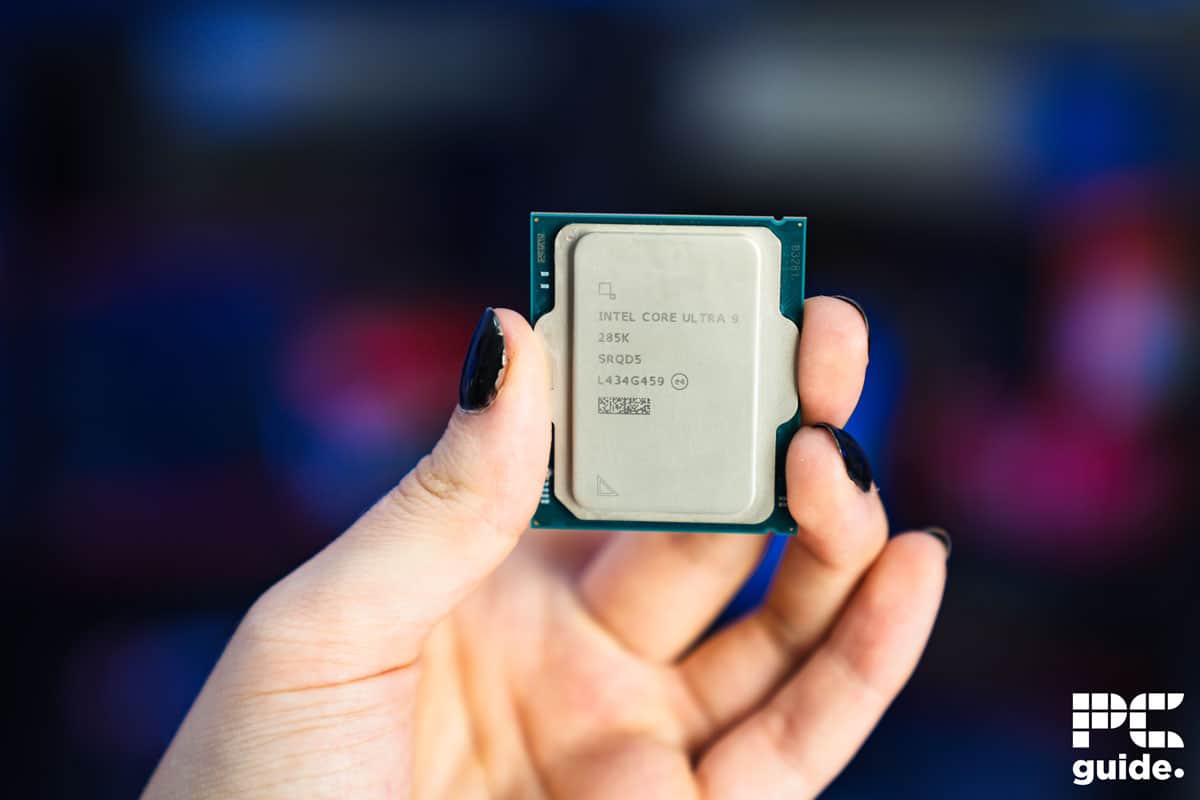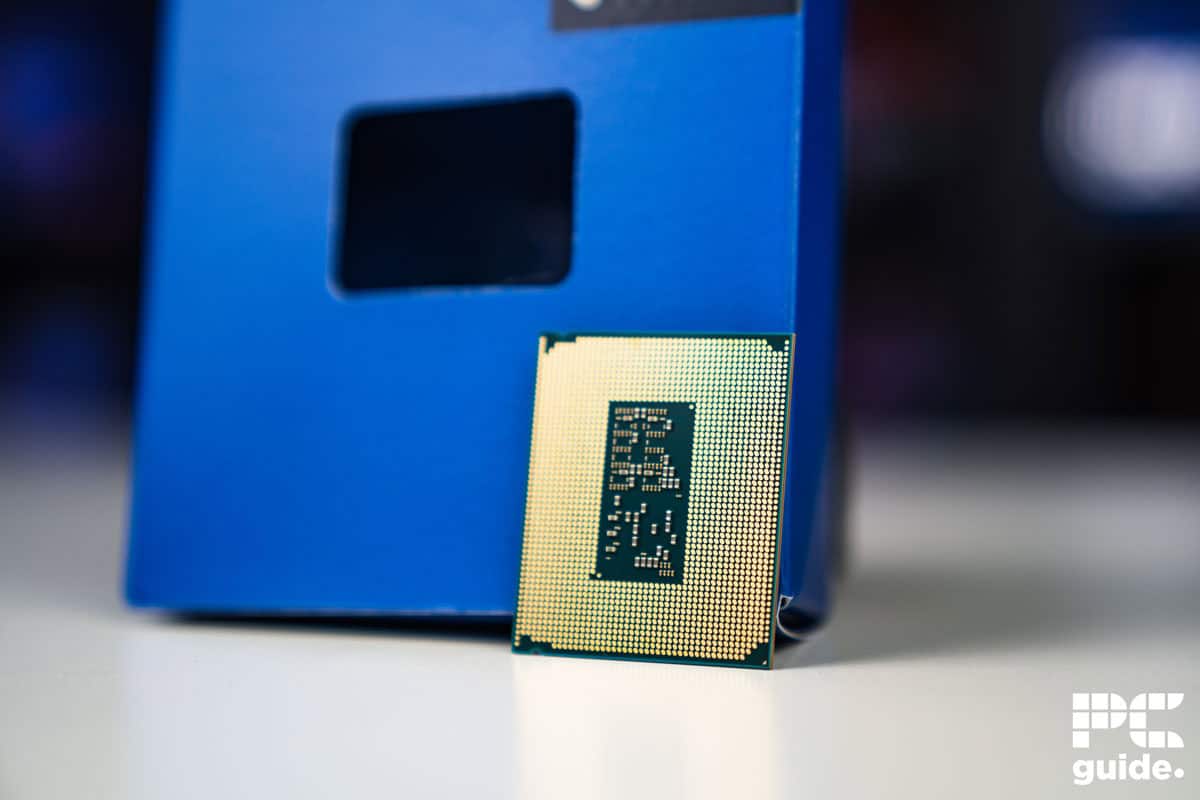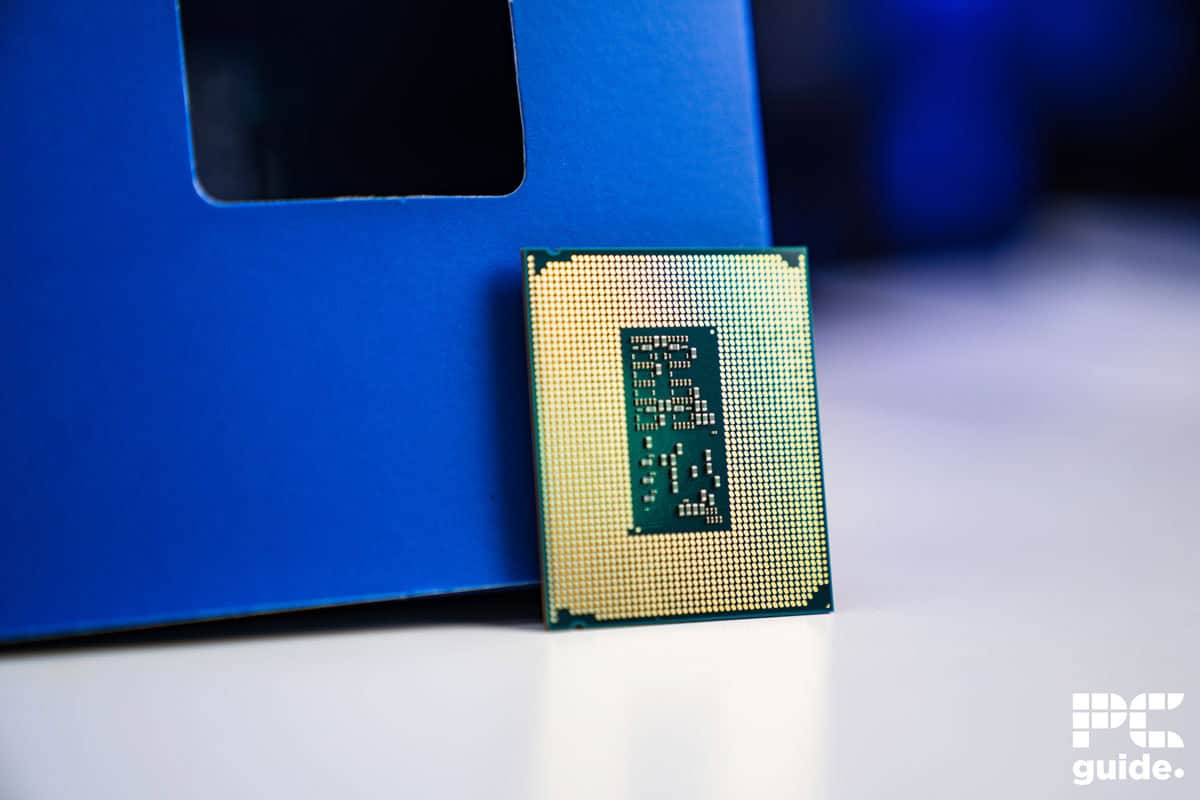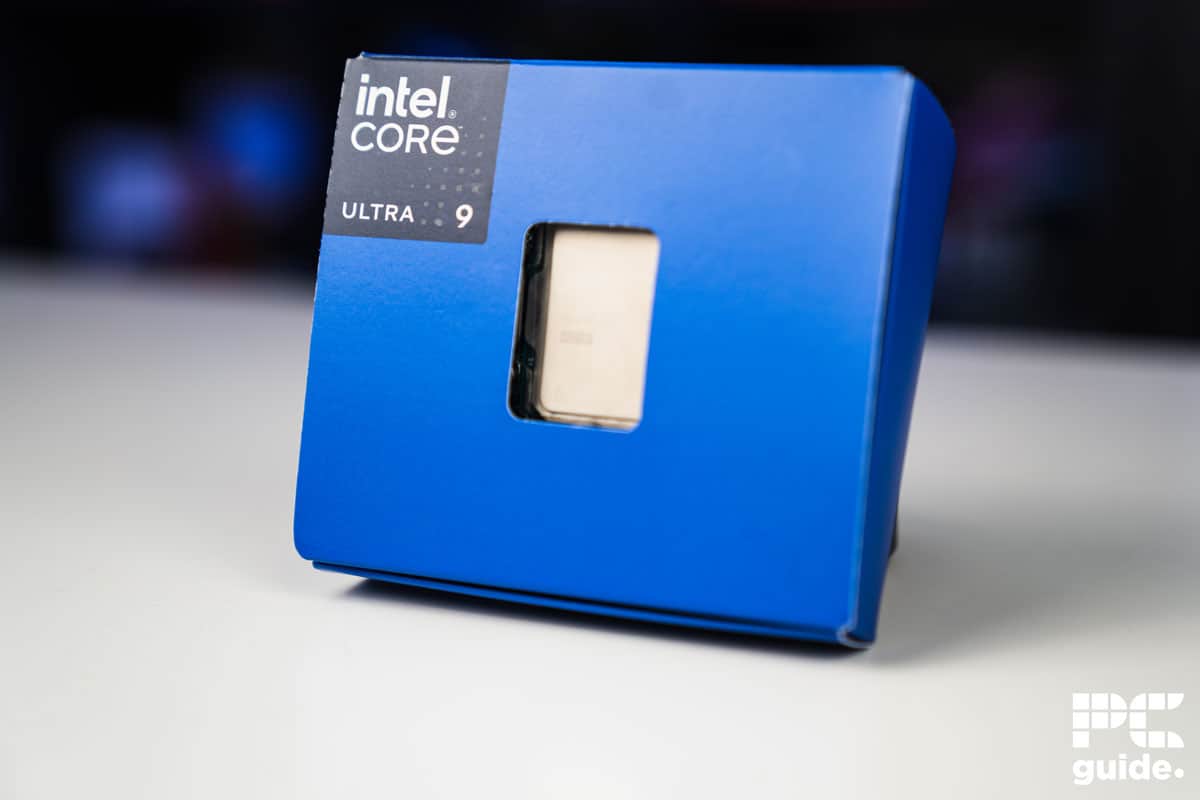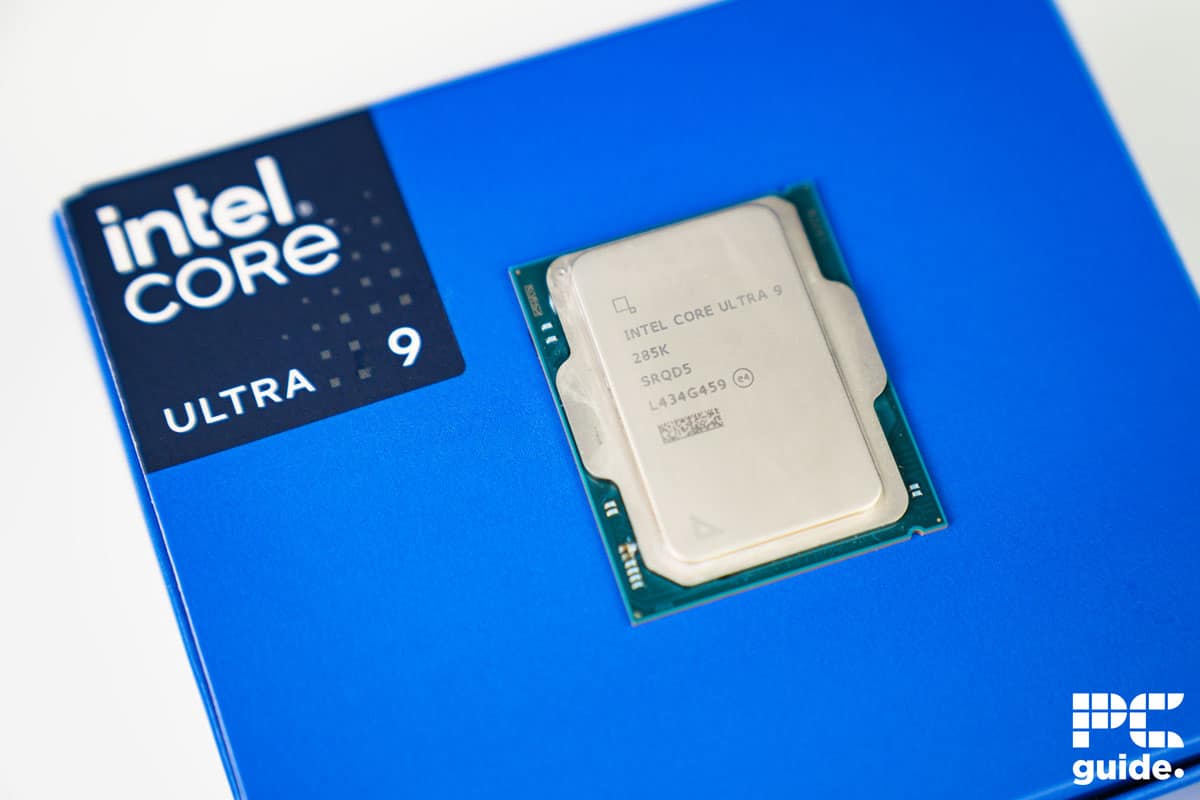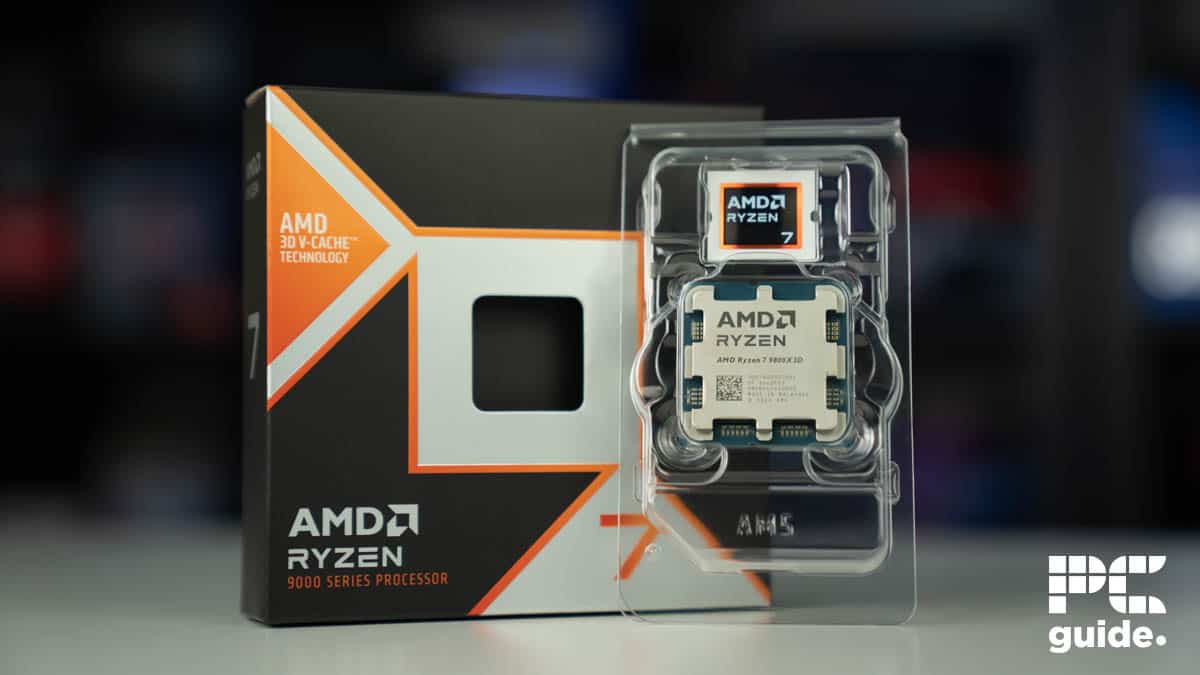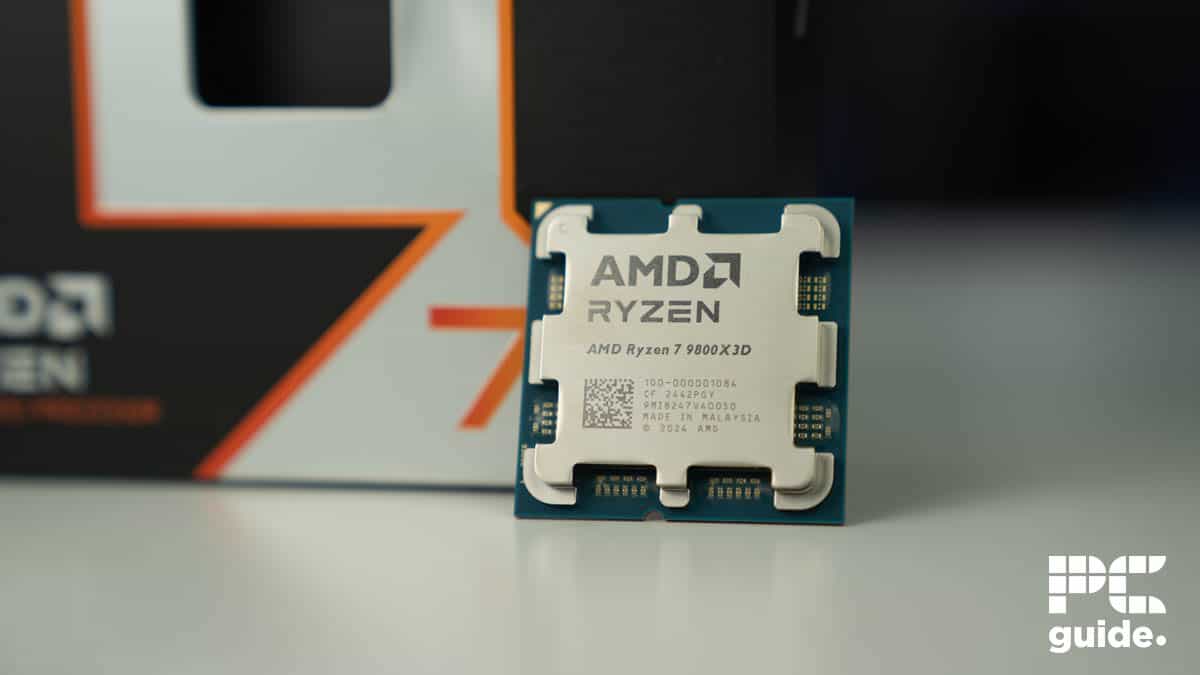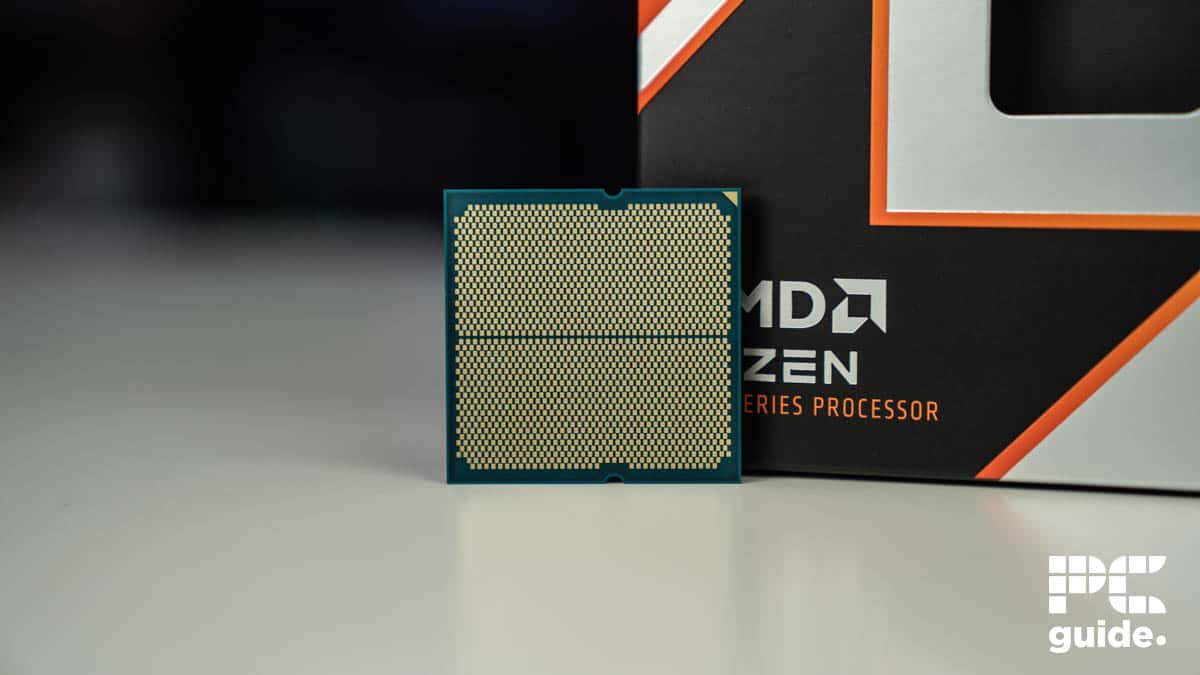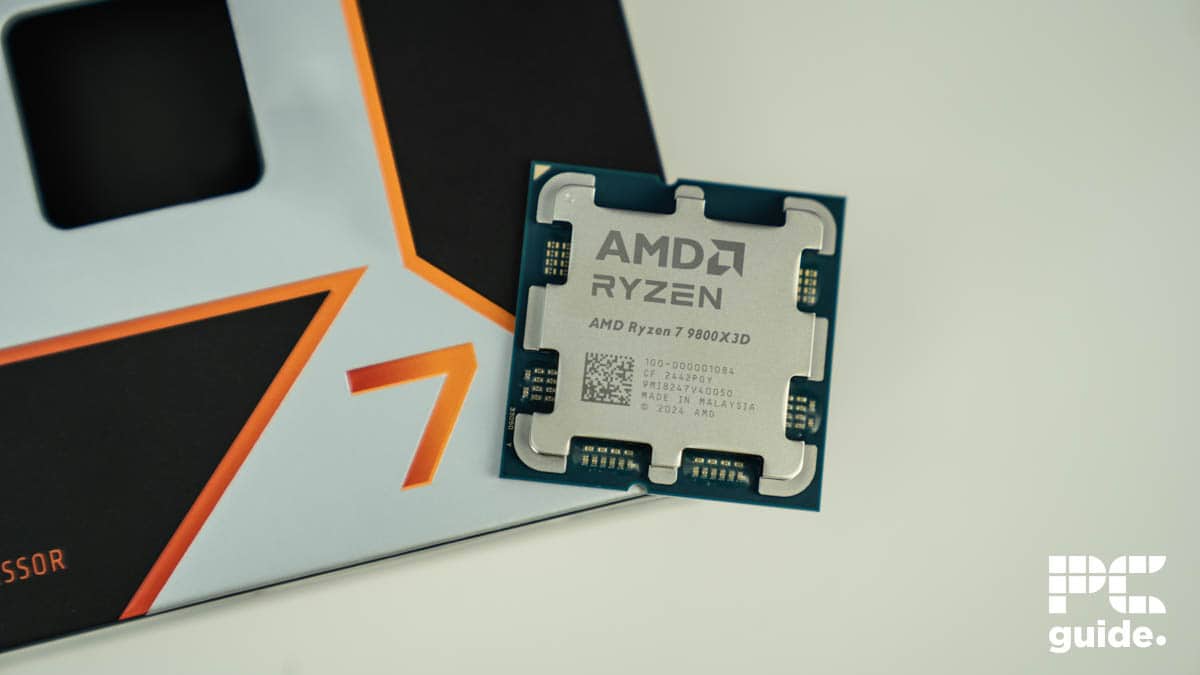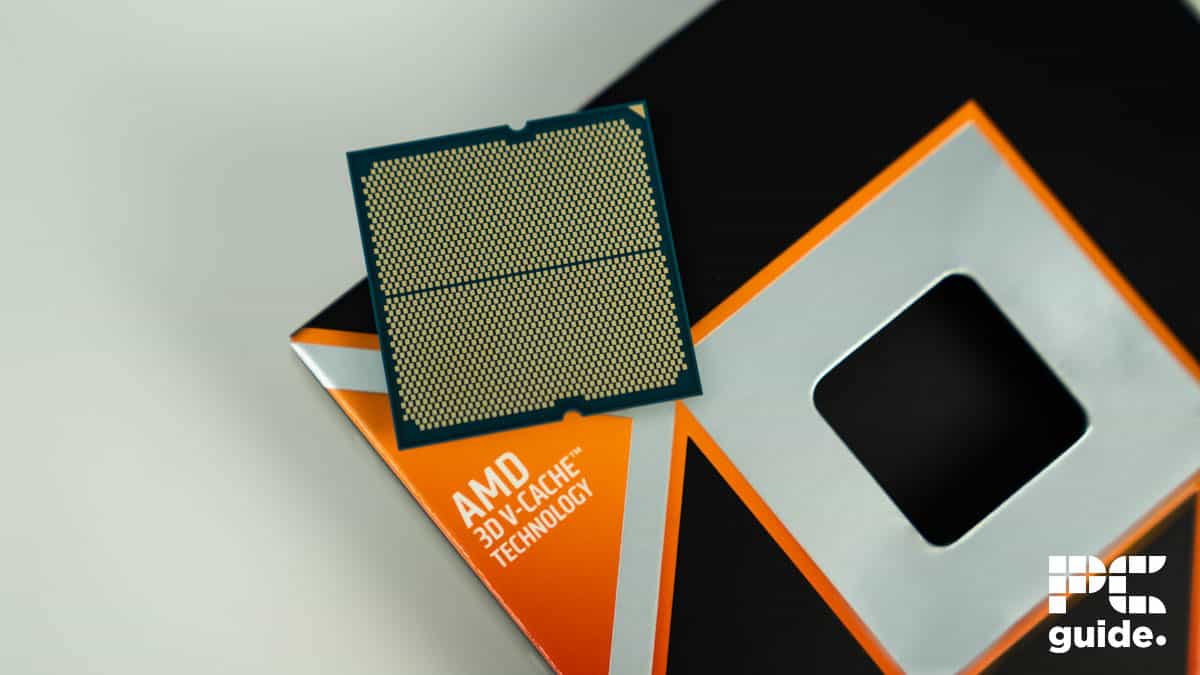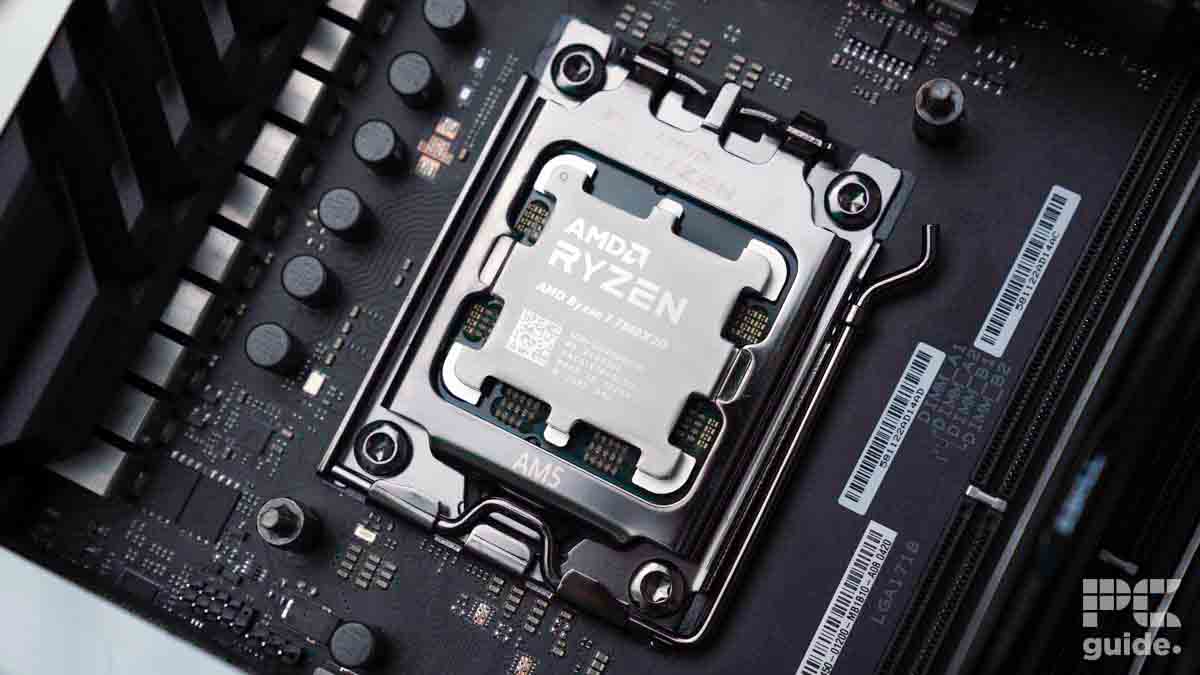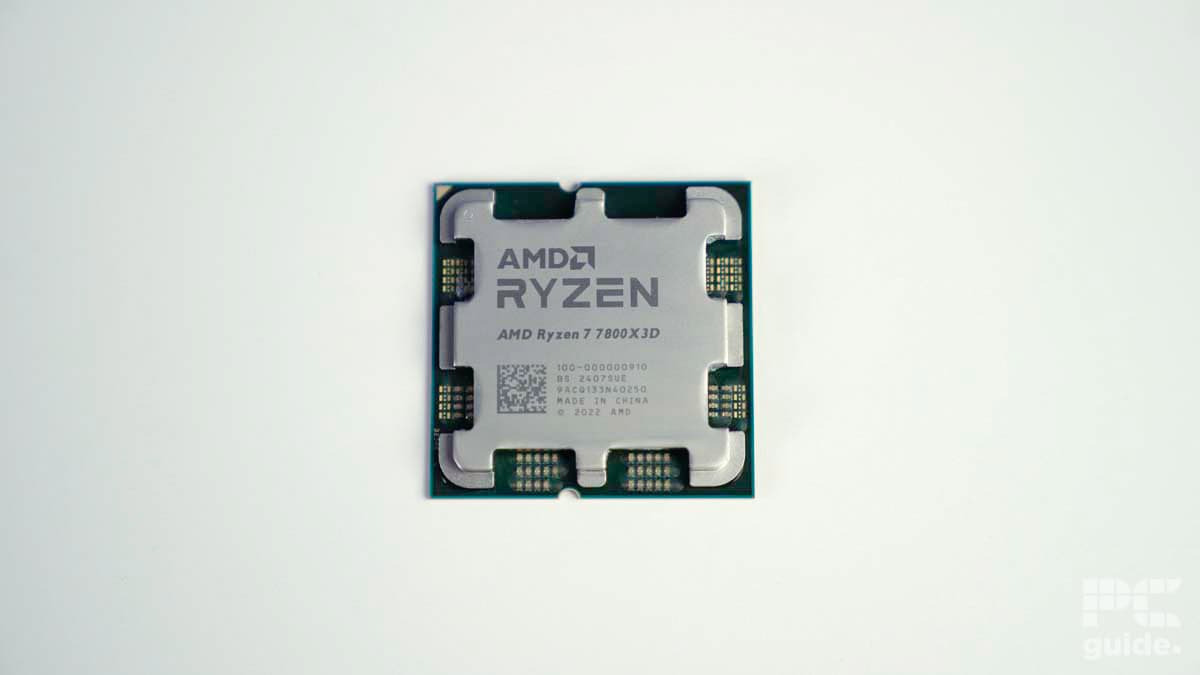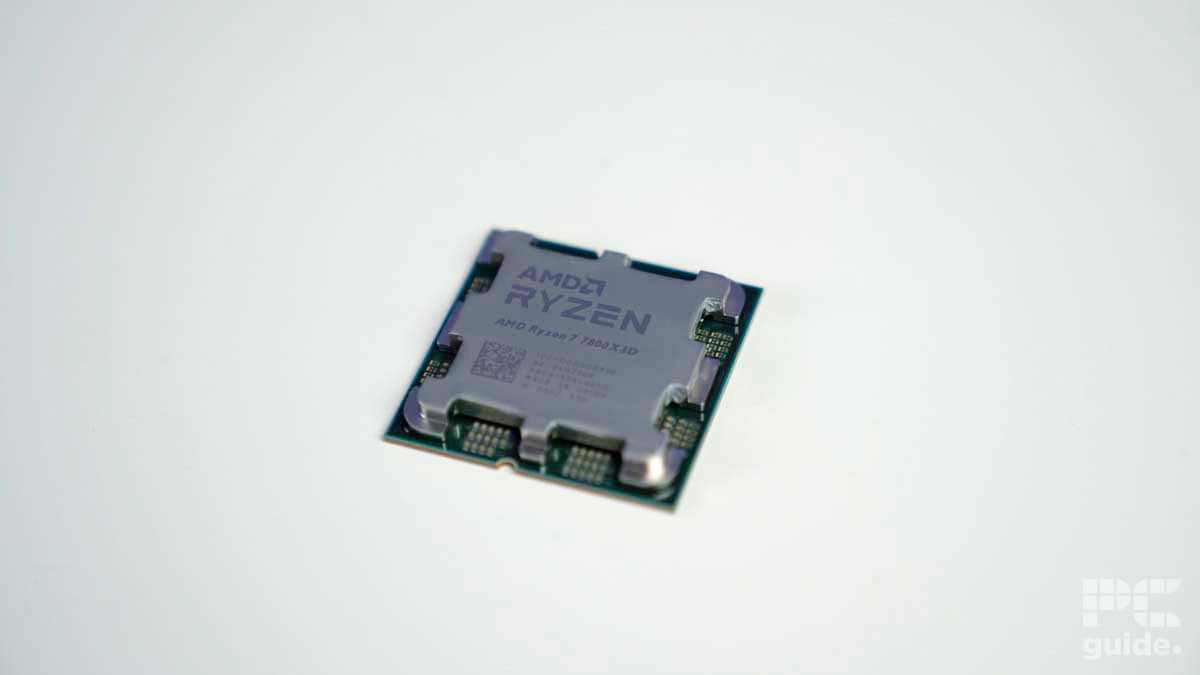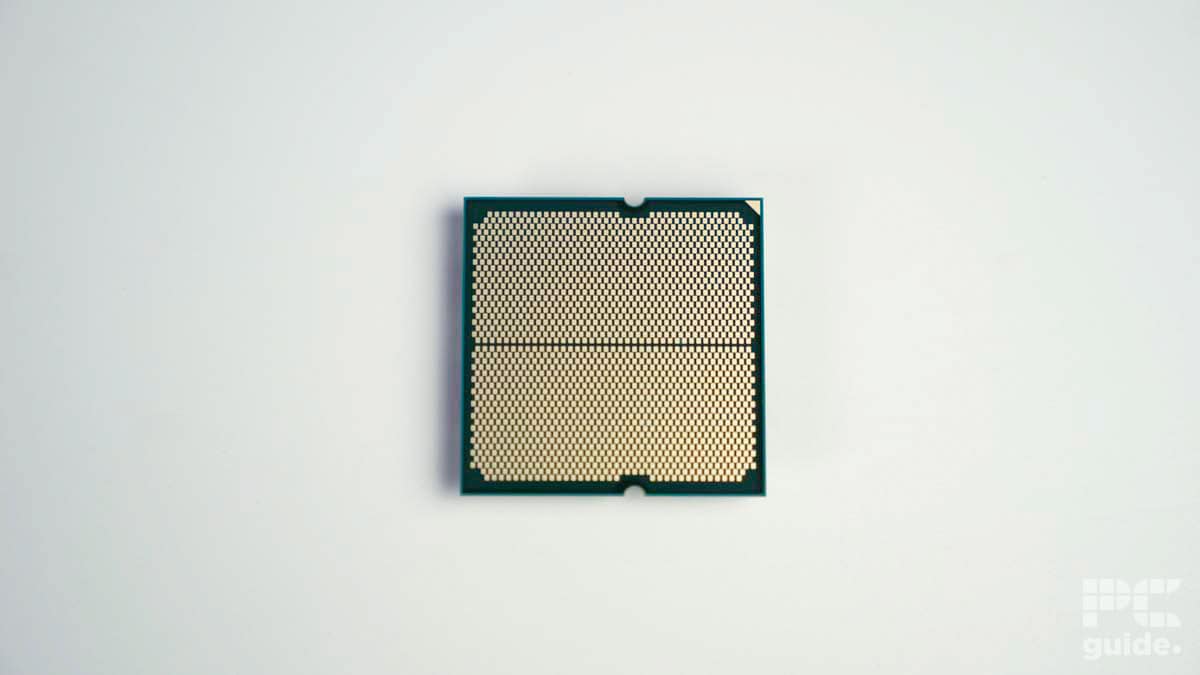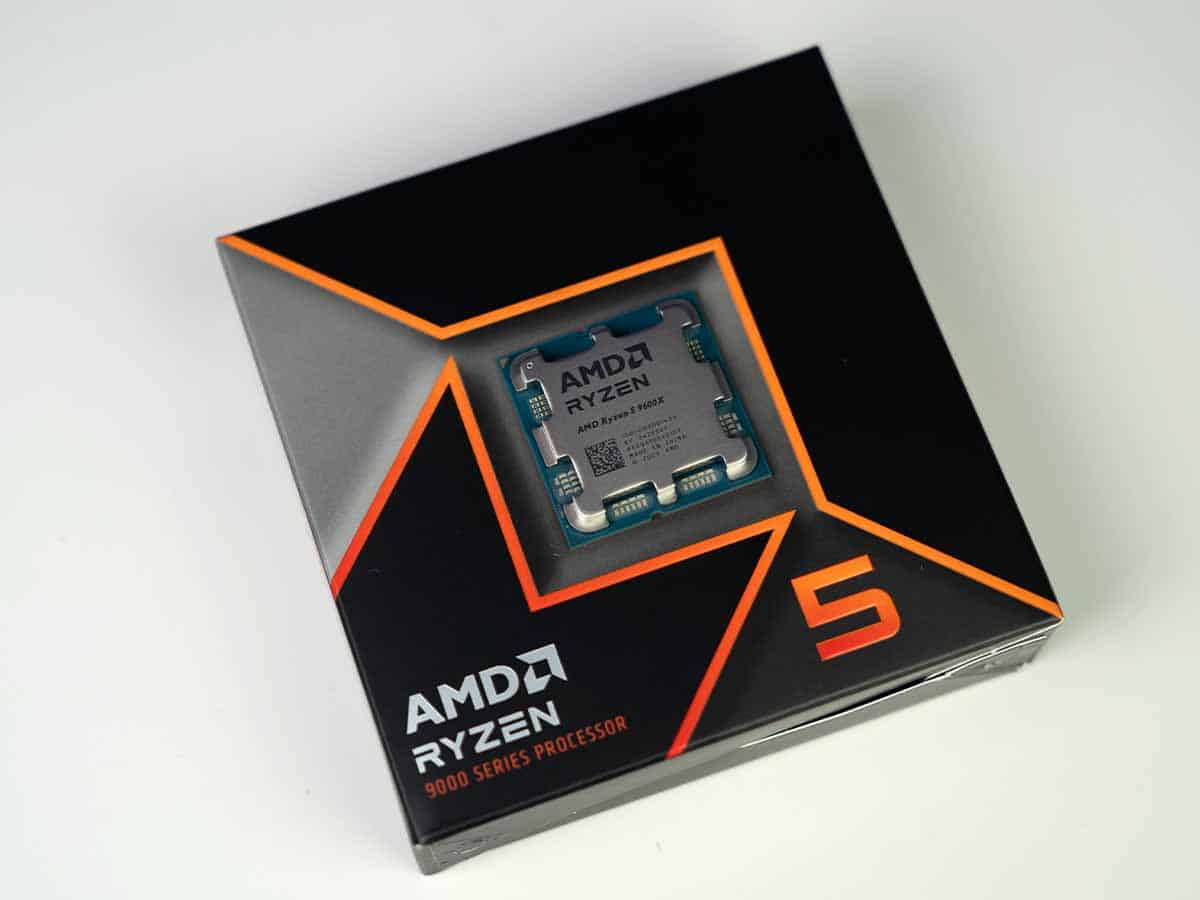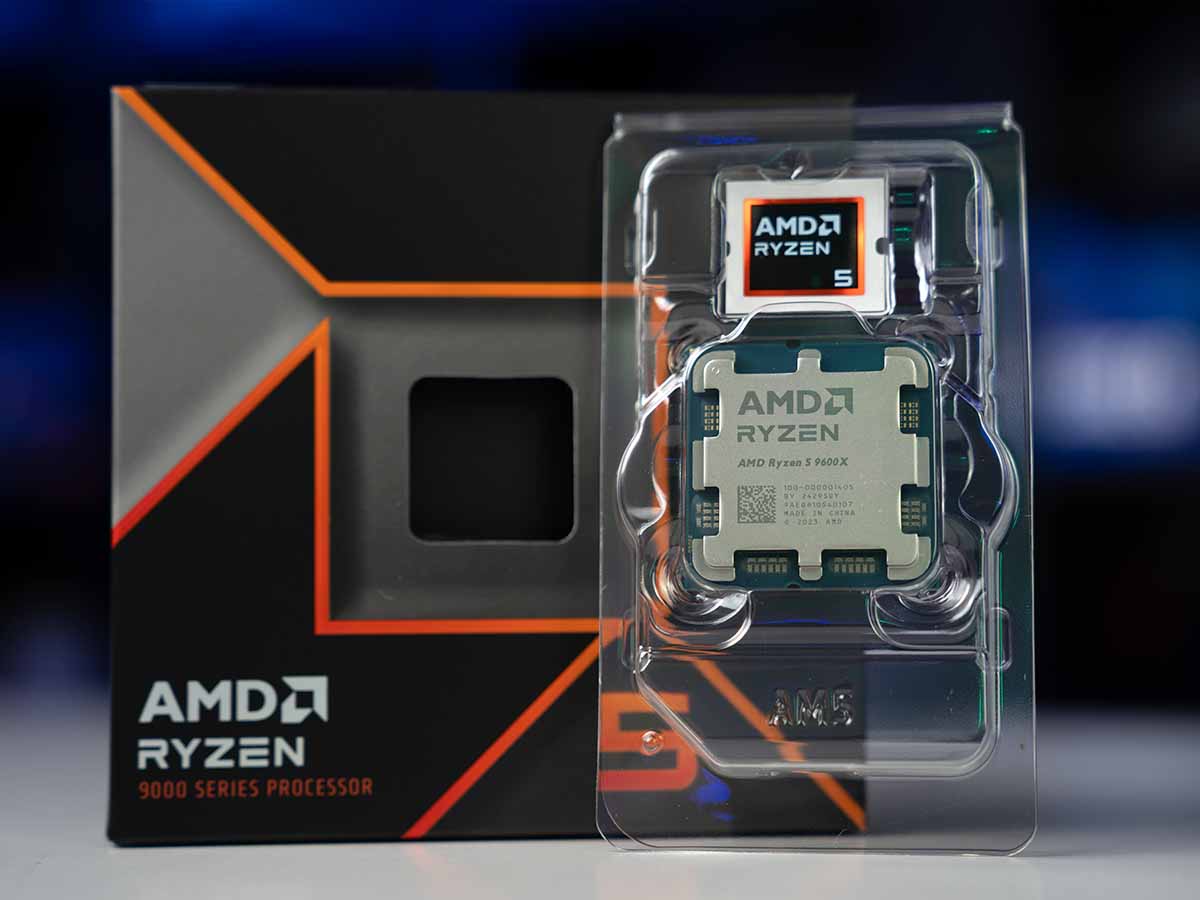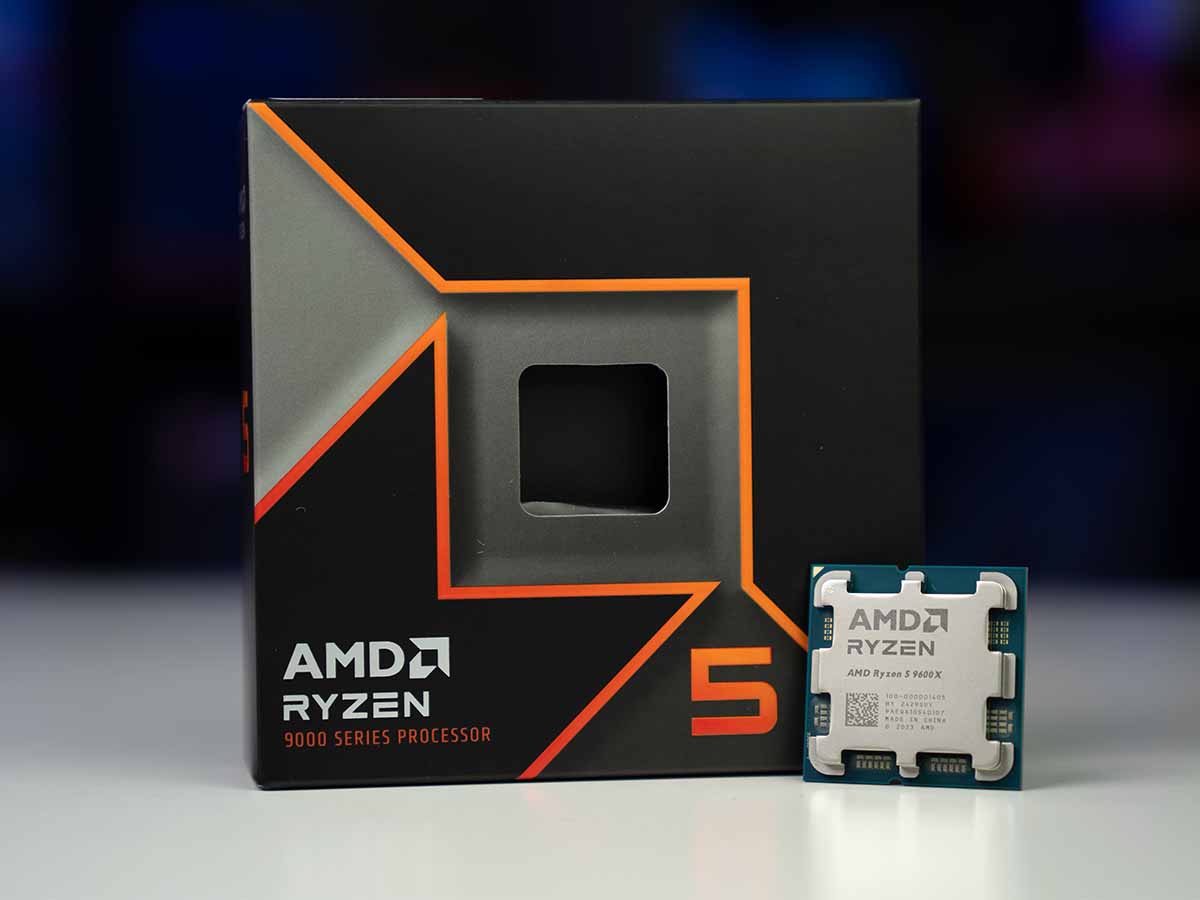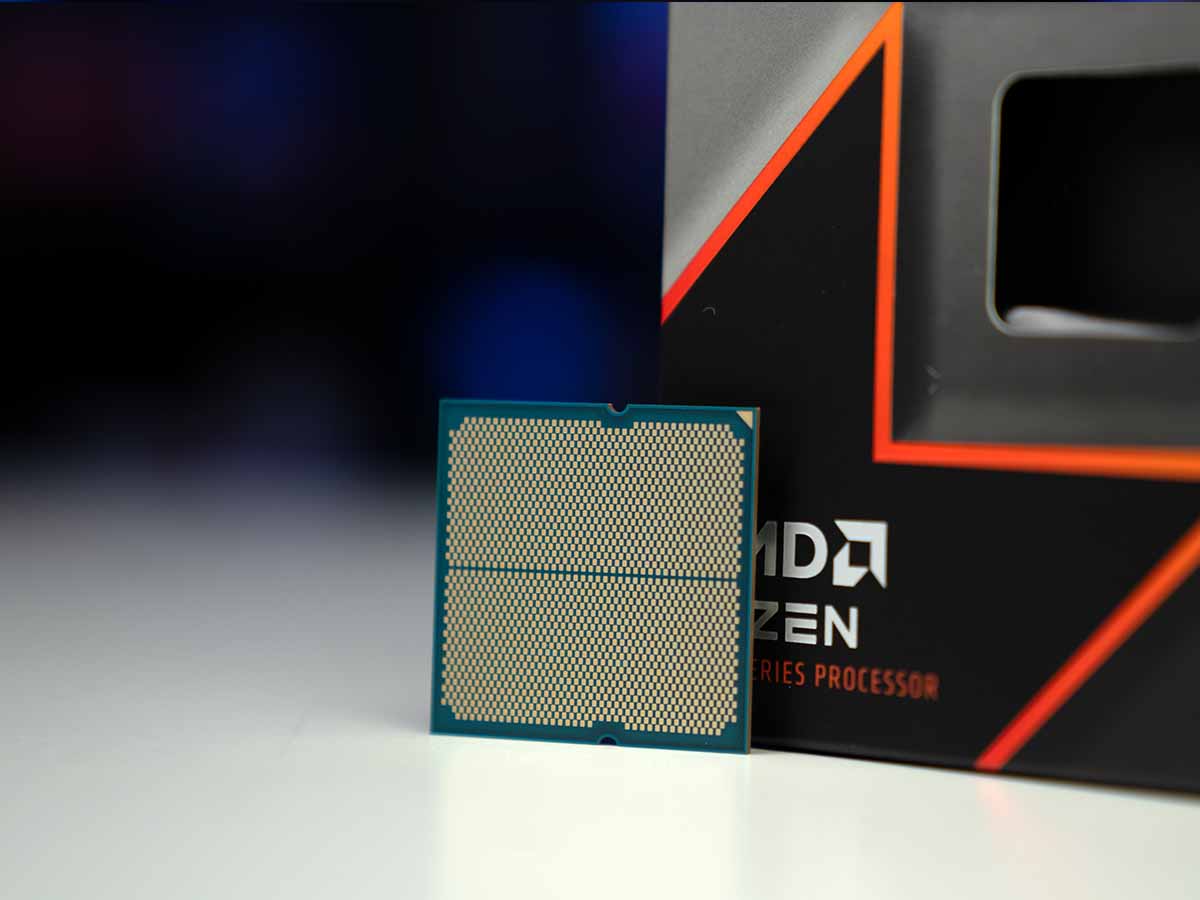Best CPUs for RTX 5080 in 2025 – our top picks tested
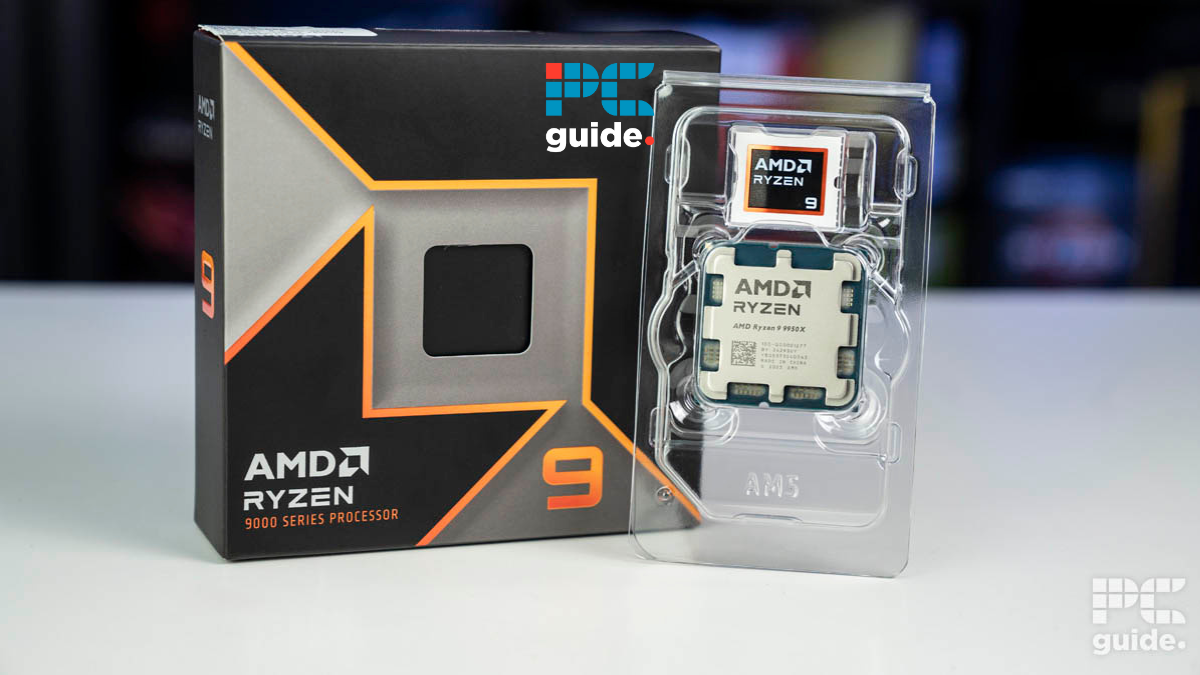
Table of Contents
The RTX 5080 has launched, and if you’re anything like us, you’re already looking at components that can make the most out of the graphics card.
Now that we’ve reviewed the RTX 5080 in-house and put it through its paces, we have a much better idea of how the card performs and which CPU would be best with it. Spoiler alert: the card got a 4.5/5 from us, and we were seriously impressed with both gaming and rendering tests. And yes, DLSS 4 and Multi-Frame Generation blew us away.
Prime Day may have closed its doors, but that hasn't stopped great deals from landing on the web's biggest online retailer. Here are all the best last chance savings from this year's Prime event.
- Sapphire Pulse AMD Radeon™ RX 9070 XT Was $779 Now $719
- AMD Ryzen 7 7800X3D Processor Was $449 Now $341
- Skytech King 95 Ryzen 7 9800X3D gaming PC Was $2,899 Now $2,599
- LG 77-Inch Class OLED C5 TV Was $3,696 Now $2,996
- AOC Laptop Computer 16GB RAM 512GB SSD Was $360.99 Now $306.84
- Lexar 2TB NM1090 w/HeatSink SSD Was $281.97 Now $214.98
- Apple Watch Series 10 GPS+ Smartwatch Was $499.99 Now $379.99
- AMD Ryzen 9 5950X processor Was $3199.99 Now $279.99
- Garmin vívoactive 5 Smartwatch Was $299.99 Now $190
*Prices and savings subject to change. Click through to get the current prices.
However, a powerful GPU such as this needs to be paired with a processor that complements it, so we've selected some of the CPUs we've tested and reviewed in-house. Considering this card’s suitability to both gaming and rendering, it’s important that you go for something suitably high-end, which is what you’ll find here. The RTX 5070 and RTX 5070 Ti, on the other hand, can be paired with more middling CPUs, such as the Intel Core Ultra 7 265K, for instance.
It’s also worth noting that the Ryzen 9 9950X3D and Ryzen 9 9900X3D are out and could be considered for combining gaming and workloads with their setup. However, we have yet to review either of them, so we will update this page if we do at some point.
Products at a glance
-
Best CPU for RTX 5080
AMD Ryzen 9 9950X
- Cores: 16
- Threads: 32
- Boost clock speed: 5.7 GHz
- Base clock speed: 4.3 GHz
- L3 Cache: 64 MB
- TDP: 170 W
-
Best Intel CPU for RTX 5080
Intel Core Ultra 9 285K
- Cores: 24
- Threads: 24
- Boost clock speed: 5.7GHz
- Base clock speed: 3.7GHz P-cores/3.2GHz E-cores
- L3 Cache: 36MB
- TDP: 125W base/250W max
-
Best gaming CPU for RTX 5080
AMD Ryzen 7 9800X3D
- Cores: 8
- Threads: 16
- Boost clock speed: 5.2GHz
- Base clock speed: 4.7GHz
- L3 cache: 96MB
- TDP: 120W
-
Best previous-gen CPU for RTX 5080
AMD Ryzen 7 7800X3D
- Cores: 8
- Threads: 16
- Boost speed : up to 5 GHz
- Base speed: 4.2 GHz
- L3 Cache: 96 MB
- TDP: 120 W
-
Best budget CPU for RTX 5080
AMD Ryzen 5 9600X
- Cores: 6
- Threads: 12
- Boost clock speed: 5.4 GHz
- Base clock speed: 3.9 GHz
- L3 Cache: 32 MB
- TDP: 65 W
How we picked
While selecting the best CPU for the RTX 5080, we considered factors like the brand, architecture, cores, threads, base and boost frequencies, and other important factors. We also take a more hands-on approach by thoroughly testing the CPUs in-house for synthetic and real-world performance. If you're interested in learning how we select and review products, visit our PC Guide Testing Lab, which will show the process in detail.
Our top picks

- Cores: 16
- Threads: 32
- Boost clock speed: 5.7 GHz
- Base clock speed: 4.3 GHz
- L3 Cache: 64 MB
- TDP: 170 W
- Platform: AMD Socket AM5
- Strong multi-core performance
- Can be boosted a lot with PBO
- 16 cores can tackle heavy workloads
- Still suffers from AMD's efficiency obsession
- Can get really with PBO enabled
- The 9950X3D will most likely have better gaming performance
One of the best CPUs for the RTX 5080 is the Ryzen 9 9950X, AMD’s flagship processor with excellent productivity and gaming performance. We tested this processor for our 9950X review, and its output didn't disappoint in the least.
We paired it with the RTX 4070 Ti Super and ran Cyberpunk 2077 and Days Gone at 1080p low to really test it. It delivered 319 and 279 FPS, respectively, in both titles, which is higher than what the 5800X3D managed to churn out.
Besides that, for synthetic testing, we ran a couple of benchmarking software, such as CPU-Z, Geekbench, and more. In CPU-Z single- and multi-core tests, it managed 872 and 16,960 points, respectively. However, that’s not all; enabling PBO increased its performance for single-core to 877.2 and 17,421 for multi-core.
The 9950X is certainly a capable CPU with a lot to offer those looking for strong multi-threaded performance.
PC Guide
So, it seems like PBO does a better job of enhancing its multi-threaded performance, but the downside is that it gets hot to the point where our 240mm AIO cooler can't keep up with the generated heat.
The reason for choosing this CPU for the RTX 5080 was that it offers a well-rounded performance in gaming and other workloads. Its multi-threaded score shows that it can handle resource-intensive tasks easily, and its single-core performance can deliver high framerates in gaming. Compared to the 285K, it scored slightly low in the multi-core score, but nothing that is vastly different. The 9950X dominated the 285K in gaming, hence the well-roundedness, whereas the 285K is better suited for productivity.
This performance is due to the Zen 5 architecture, 16 cores, and 32 threads. These cores have a base and boost clock speed of 4.3 GHz and 5.7 GHz, respectively. So, this processor should undoubtedly make an excellent partner for the RTX 5080, and if you want more performance, you can always overclock it.

- Cores: 24
- Threads: 24
- Boost clock speed: 5.7GHz
- Base clock speed: 3.7GHz P-cores/3.2GHz E-cores
- L3 Cache: 36MB
- TDP: 125W base/250W max
- Platform: LGA 1851 (Arrow Lake)
- Great temperatures even under full loads
- Impressive multi-core performance
- Plenty of cores and threads with a good split into performance and efficiency
- Not the best gaming performance
- No longer supports DDR4 like its predecessors
- Falls behind the 14900K in plenty of scenarios
If you lean toward Team Blue, check out the Core Ultra 9 285K. While the Arrow Lake processors might not be as popular as their AMD counterparts, they have excellent multi-core performance.
So, if that is something you were looking for, this CPU should serve you well; however, for pure gaming performance, any of the X3D or even X processors from AMD will be a much better fit. In our Core Ultra 9 285K review, we paired it with the RTX 4070 Ti to run synthetic and real-world tests.
In gaming, we got 216 FPS in Cyberpunk 2077 at 1080p, which is 3 FPS less than the 14900K, and the 9950X was leagues ahead with 319 FPS. So, this isn't the best for gaming; however, in synthetic testing, it managed 41,436 points in Cinebench R23 multi-core and 2014 points in single-core.
For comparison, the 14900K got 2143 points, and the 9950 managed 2275 points in the single-core test. The 14900K and 9950X in multi-core managed 39973 and 40938 points, respectively. It isn't surprising that it didn't do well in the single-core test, but its multi-threaded performance is something else.
The Core Ultra 9 285K is a great processor there's no doubt about it. Even as it cut back on the thread count and hyper-threading I was worried about its multi-core processing power, but that seems to not be the case as it leads in benchmarks for multi-core performance.
PC Guide
Despite having fewer cores and threads than the competition, it managed to have a better multi-threaded output. Paired with the capabilities of the RTX 5080, it should deliver exceptional performance in professional workloads like video editing, Photoshop, 3D rendering, and modeling.
This Arrow Lake flagship processor has 24 cores and 24 threads. The 24 cores are split between 8 Performance cores and 16 Efficient cores. This hybrid architecture was introduced to deliver performance and efficiency. The P-cores handle heavy workloads and go dormant when the task is complete. The E-cores take over and handle the less intense and everyday workflows.
It also has a 125W base TDP and a 250W maximum turbo power, which is 3W less than that of the 14900K, so there isn't a huge difference. However, due to the 3nm CPU processes, it doesn't get very hot or experience thermal throttles. The maximum temperature it reached was 84°C, which is during Furmark 2, which pushes the CPU to its utmost limit.
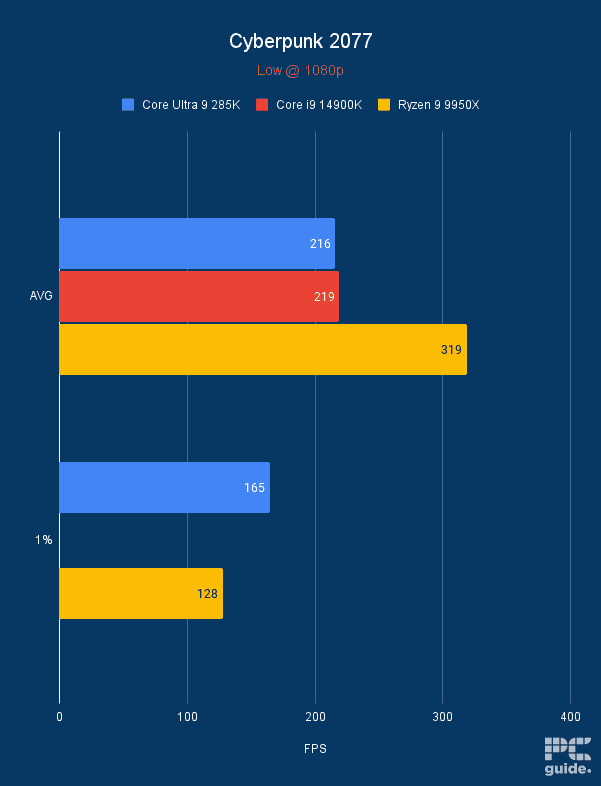
Overall, this is an excellent processor to pair with the RTX 5080. Even if you might not get the level of gaming performance you'd get from other CPUs, it should ensure that your system has top-notch productivity while still being able to deliver more than playable framerates in different titles.

- Cores: 8
- Threads: 16
- Boost clock speed: 5.2GHz
- Base clock speed: 4.7GHz
- L3 cache: 96MB
- TDP: 120W
- Platform: AM5
- Incredible gaming performance
- Now capable of being overclocked
- Great power efficiency
- Still falls behind in some multi-core tasks
- Priced nearly as much as Ryzen 9 CPU
There is currently only one option for the best gaming experience: Ryzen 7 9800X3D. While the Ryzen 9 9950X3D has been announced, and AMD claims that it is the best processor for gaming, we'll know that for sure when we review it. For now, the 9800X3D is the king. Also, this processor should be easily able to keep up with the RTX 5080, as even the RTX 5090 paired with it wasn’t enough to cause a CPU bottleneck.
In our Ryzen 7 9800X3D review, it had, unsurprisingly, exceptional gaming performance paired with the RTX 4070 Ti and could also match or outperform the Ryzen 7 9700X in productivity, something that wasn't possible with the previous X3D processors.
In Cyberpunk 2077, it managed 334 FPS, while the 9700X and 265K could only deliver 313 and 240 FPS, respectively. In Counter-Strike 2, we got 604 FPS normally and 669 FPS with PBO enabled, which shows how much overhead you have with this CPU.
As for synthetic testing, in the Cinebench R23 single test, we got 2026 and 2068 points with normal settings and PBO enabled, respectively. The 9700X got 2203 points, while the 265K trailed behind with 2018 points. So, it can trade blows with the 9700X and has better single-core performance than the 265K. Single-core performance is what we generally look at while judging how well a processor will perform in gaming.
The 9800X3D has unlocked its potential and become the leading processor in the market. The 2nd generation V-Cache gives it the ability to run the CPU core faster and at higher voltages pushing its performance even further over the 7800X3D and on par with non-X3D chips in non-gaming tasks.
PC Guide
In the Cinebench R24 multi-core test, the 9700X managed 22475 points while the 9800X3D managed 22568 normally and 22815 with PBO enabled. So, it can deliver slightly better performance than the 9700X, but couldn't compete with the 265K as it churned out 33385 points, leading with a massive margin.
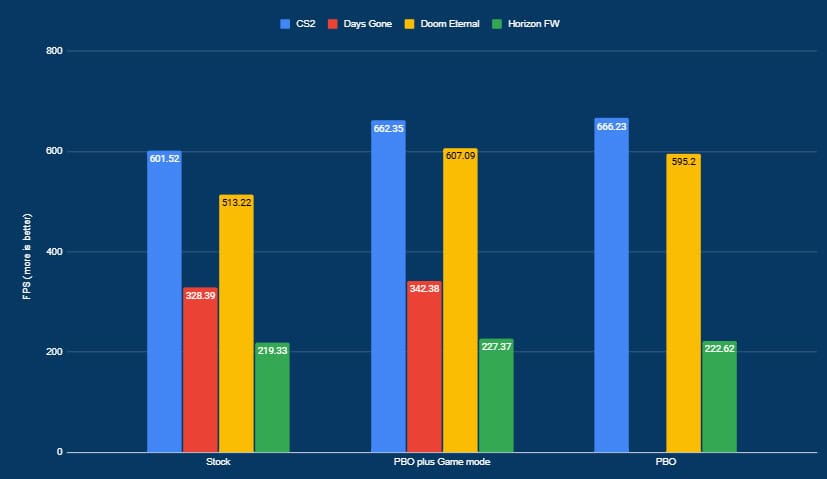
So, times have changed, and you don't need to choose between an X and an X3D processor if you're looking for productivity and gaming, as the 9800X3D can do it all. In addition, it can be overclocked, meaning you can get even better performance, but ensure you've got the best CPU cooler for the 9800X3D to keep it from thermal throttling.
So, regardless of your usage, pairing the 9800X3D with the RTX 5080 should result in a powerful combination that can handle any task without breaking a sweat.

- Fantastic gaming performance
- Affordable thanks to age
- Less limited than the previous generation
- Still limited by cache outside of gaming workloads
- No included cooler
- Upgrade to AM5 can be expensive if you don't already have the parts.
If you’re looking to save some cash but also get a high-end processor that can keep up with the RTX 5080, we recommend pairing it with the Ryzen 7 7800X3D. Before the 9800X3D, the 7800X3D was the best processor in the world, and recent performance benchmarks for the RTX 5090 raised a bottleneck issue at lower resolutions. So, if you’re worried about that, the 9800X3D was able to keep up with the 5090, and the 7800X3D should also be able to handle what the RTX 5080 can churn out.
That said, we’re confident in the 7800X3D’s abilities because we’ve tested and reviewed it in-house. It showcased excellent performance in multiple benchmarking software like CPU-Z, Cinebench, and Geekbench. These tests put the CPU under different simulations to see how it performs, and the higher the score, the better its performance.
For example, in CPU-Z, it got 643 points in the single-core test and 7,985 points in the multi-core test. What this means is it should have excellent gaming performance, and should also be able to handle multi-threaded workflows well. For reference, the 5800X3D managed 461 and 4,889 points in the same tests, so this shows how much of an improvement was made over the span of a single generation.
The 7800X3D is a fantastic CPU in terms of gaming performance, but it's still not quite there in terms of multi-core performance.
PC Guide
However, it might be one of the best CPUs for gaming, but the same can’t be said for productivity. If you want a balanced gaming and productive output from your system, we recommend pairing the RTX 5080 with the Ryzen 7 7900X. This chip has better professional performance than the 7800X3D, but not the same level of gaming output.
That being said, the 7800X3D features 8 cores and 16 threads, meaning each core is hyperthreaded. If the tasks are super resource-intensive, this CPU should be able to power through just fine. You can also increase its performance by overclocking it, meaning if there is a performance gap between the 5080 and 7800X3D, which there shouldn’t be, it’ll be bridged. However, this will increase its thermal output and power draw.
- Cores: 6
- Threads: 12
- Boost clock speed: 5.4 GHz
- Base clock speed: 3.9 GHz
- L3 Cache: 32 MB
- TDP: 65 W
- Platform: AMD Socket AM5
- Good efficiency
- Fairly inexpensive
- Not much going for it
- Not massive gains over previous gen (pre-update)
When you’re looking for a budget CPU, the more entry-level processors from the likes of AMD are the way to go. Our choice to pair with the RTX 5080 is the Ryzen 5 9600X. Bringing AMD’s latest Zen 5 architecture for a lot less while still providing some great performance.
With the latest update, the TDP can scale up to 105W, enabling users to expect even better performance, whether working through multicore processes or deep into a demanding gaming session. The Ryzen 5 9600X features 6 cores built on AMD's new Zen 5 architecture, utilizing 4nm process nodes and boasting a transistor count of 8.315 billion.
The 9600X does better intergenerationally than it’s bigger brother, the 9700X.
PC Guide
More transistors typically mean a CPU can process data more efficiently while keeping power consumption in check. These generational improvements allow the 9600X to rival even the Ryzen 9 7900X in single-core performance, scoring 827 in CPU-Z and 2,149 in Cinebench R23. In comparison, the 7900X managed 778 and 2,017 in the same tests, respectable scores, but slightly behind in single-core tasks.
Of course, with its greater number of cores and threads, the 7900X still wins in multi-core performance. However, the 9600X pulls ahead in gaming scenarios like Cyberpunk 2077 at 1080p, achieving 325 FPS compared to the 7900X's 299 FPS, an impressive result for a 6-core chip.
Considering its price point, the Ryzen 5 9600X is one of the best-value CPUs for an RTX 5080 and various workloads you need, and it's more than capable of handling a wide range of other tasks without breaking a sweat.
How to pick the best CPU for RTX 5080
Here are a couple of factors you should consider before buying a CPU for the RTX 5080. They should help you make an informed decision, avoid overspending, and get excellent value.
Budget
The most important factor to consider while buying any component is your budget. Does it allow for high-end CPUs? Would you have to spend more to buy a flagship processor? Does your budget only allow for mid-range options?
These are some of the questions you need to ask yourself, but it is always better to operate within your budget. So, filter all the available options based on them and choose a processor that offers good performance and price. This will ensure you get the maximum value without exceeding your budget.
Usage
The second factor to consider is your usage. The RTX 5080 should be able to push 4K without a hitch; however, if you've only got a 1080p monitor, then you'd be playing at 1080p. So, at lower resolutions, the processor needs to be fast to keep up with the GPU, and at higher resolutions, the GPU is pulling most of the weight, and even budget CPUs can work with high-end GPUs at 4K.
Besides gaming, you also need to consider if there are any other workflows, such as editing and rendering, that require a core-dense processor. So, the best bet is to pair the RTX 5080 with a high-end processor for a well-rounded system that can handle anything you throw at it.
Upgradeability
One of the main benefits of the PC ecosystem is its upgradeability, with each component essentially being able to be changed out. For the CPU, this means you want a motherboard with a good lifespan, ideally one that supports AM5 or Intel’s LGA 1851, which are a couple of generations old but may have some upgrades down the line.
What CPU pairs well with the RTX 5080?
Depending on your use case, there are a few options for finding a CPU that pairs well with the RTX 5080. If you’re looking for pure gaming performance, then the 9800X3D is the go-to processor, getting you all you need to unlock the highest framerates. If instead you’re after more workload multiprocessing work, the 9950X or 285K are the better options. Or you could combine both and go for the premium 9950X3D.
Does RTX 5080 work with an AMD CPU?
Yes, there’s no reason for the RTX 5080 not to work with an AMD CPU. It doesn’t detract from the graphics card’s performance or features and can, in fact, make it an even better option to go for since Ryzen has some of the best CPUs out there. Since you can go for an X3D CPU and get some incredible gaming performance.
What CPU is needed for RTX 5080?
There is no specific processor you need for the RTX 5080; it will work on most platforms that support it, ideally a PCIe Gen 5 motherboard. But you do want to look for more modern options that make it a worthy counterpart to the two to get most of the features of it.

